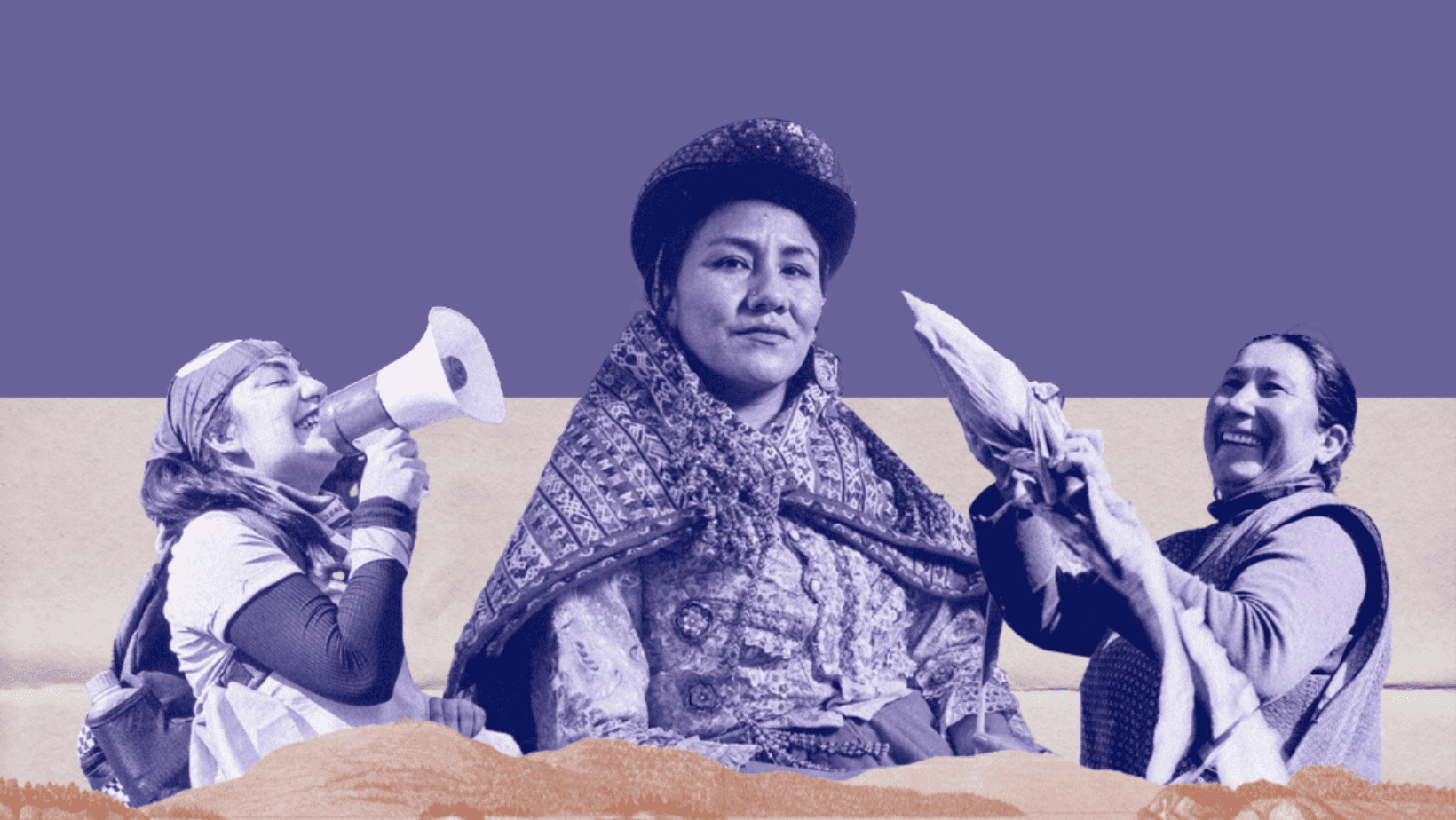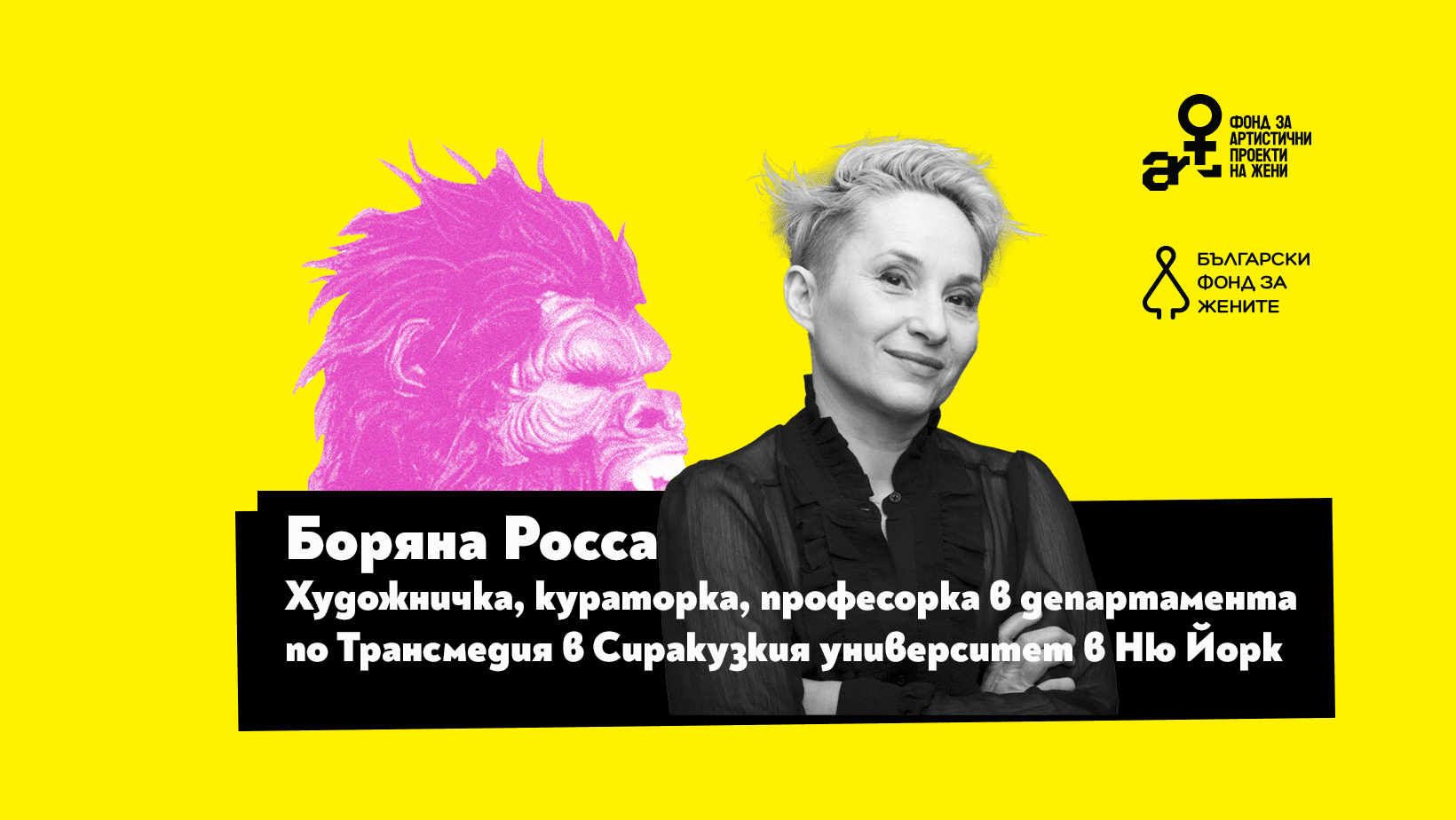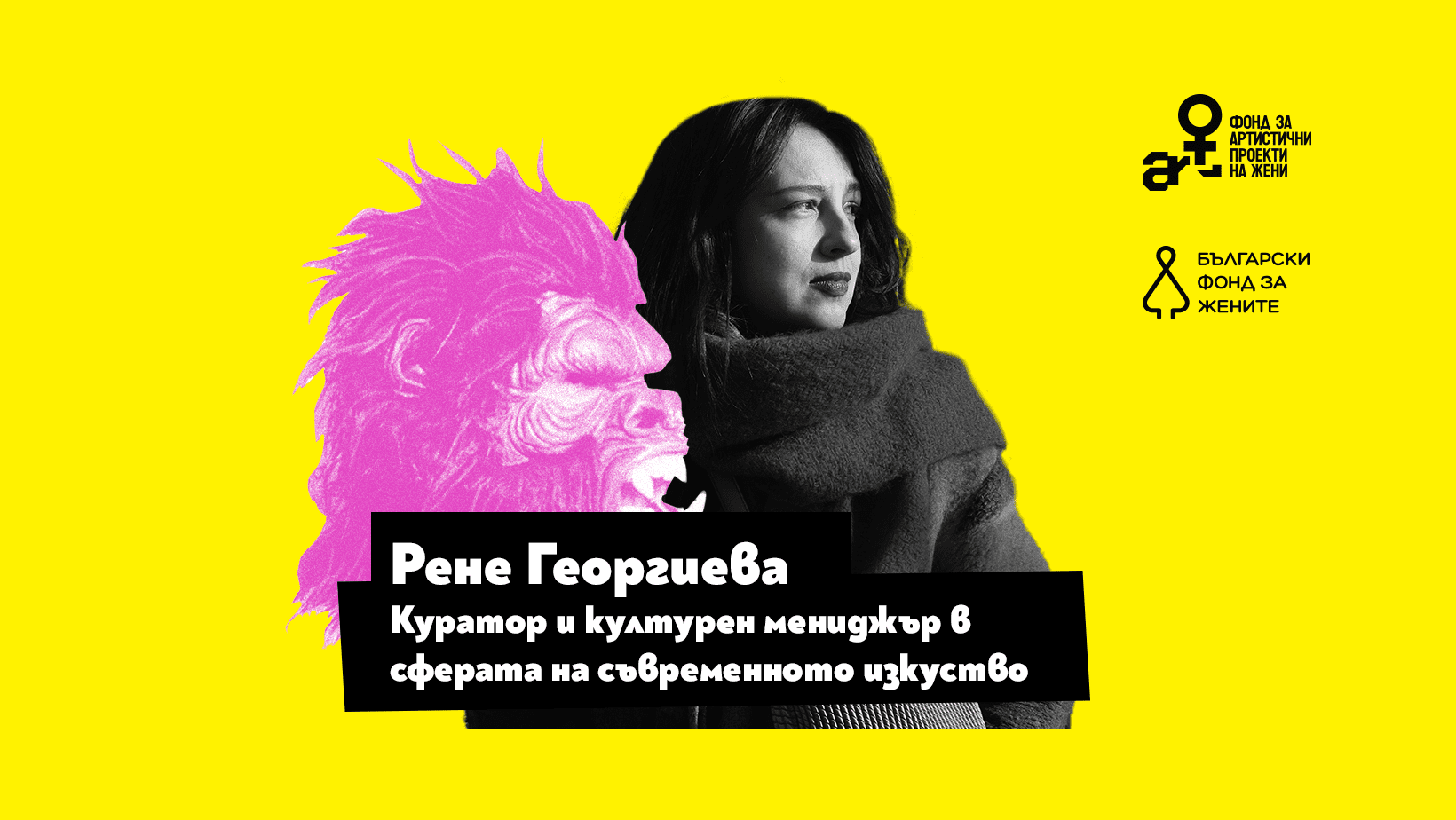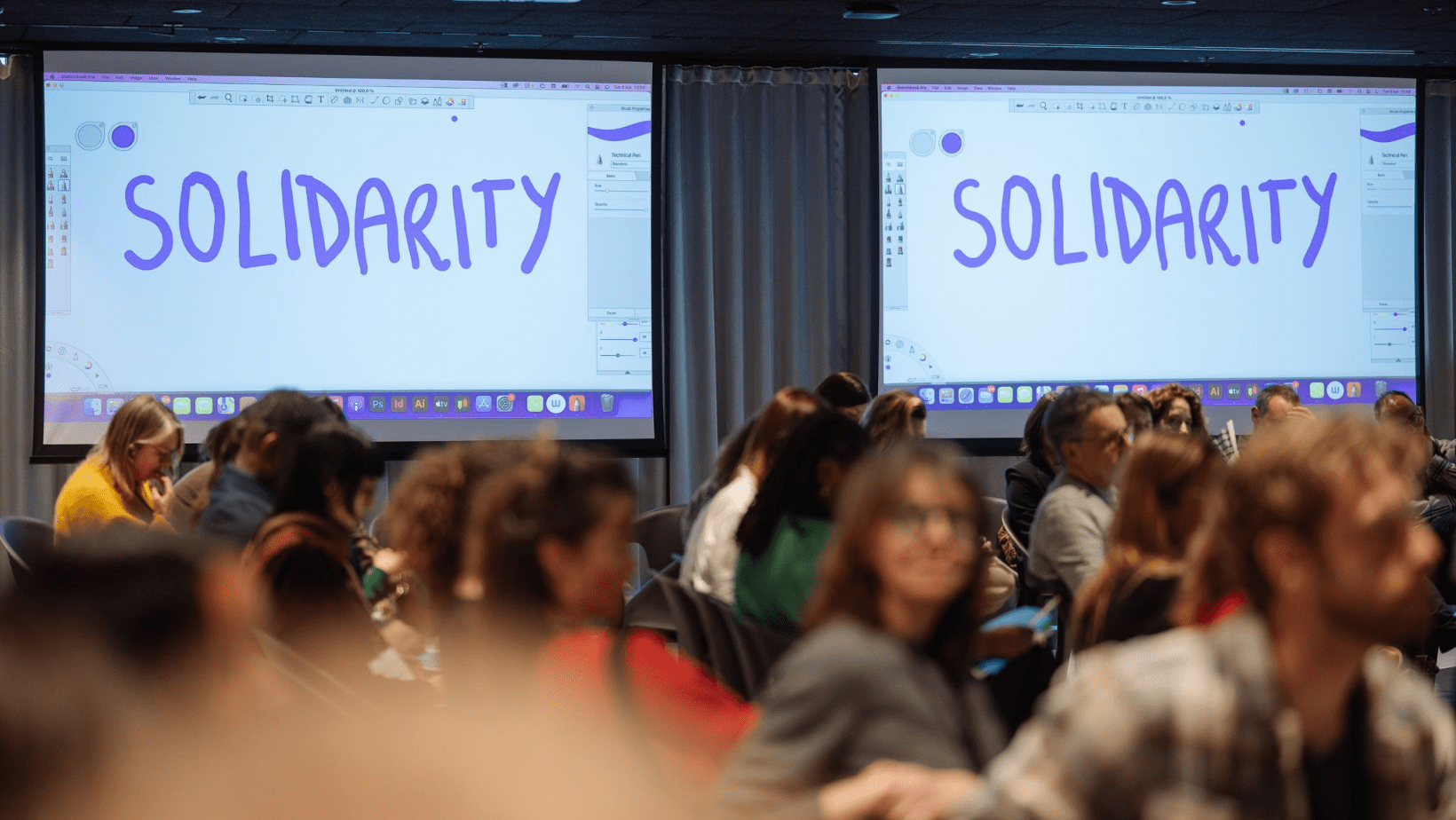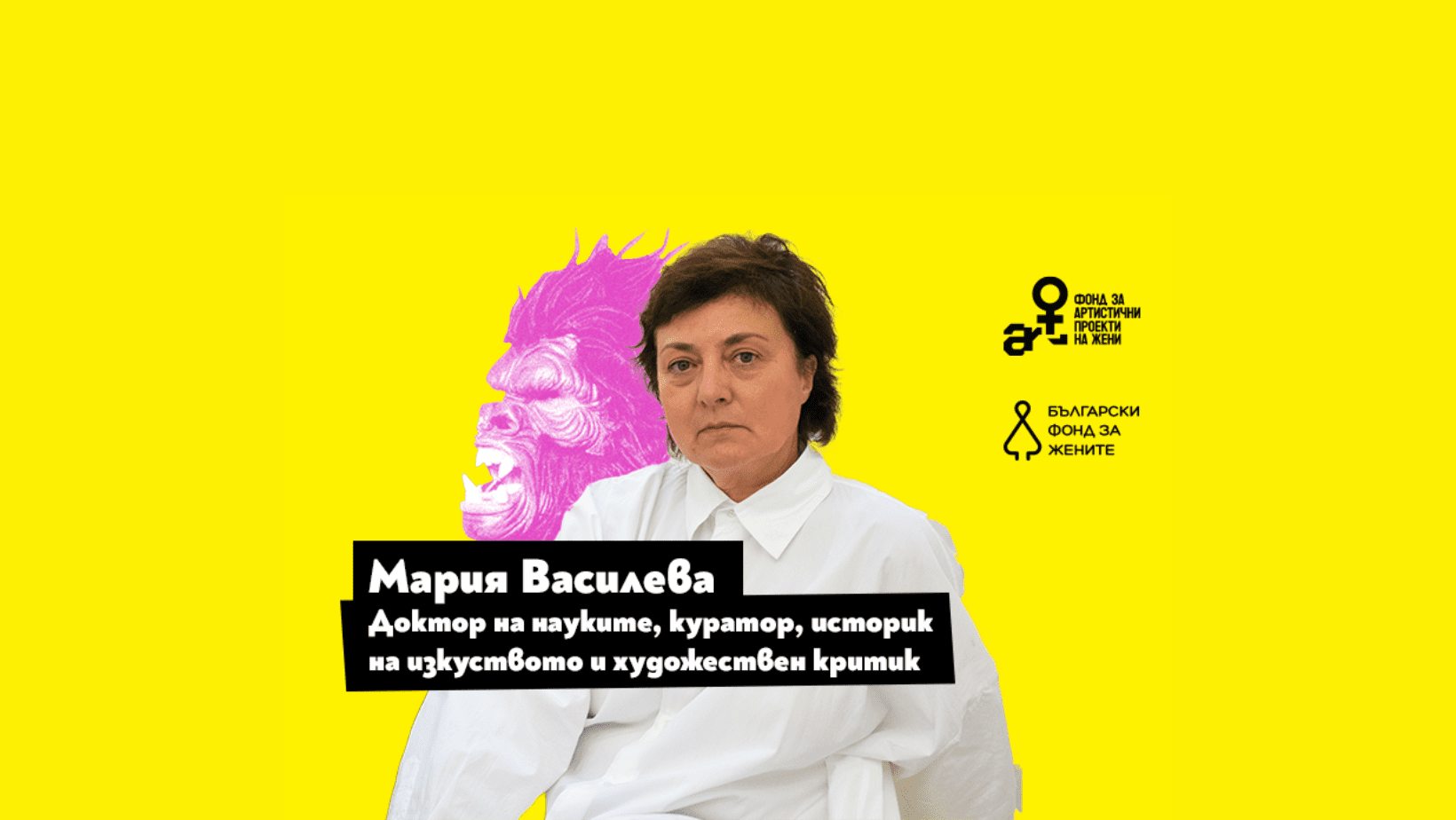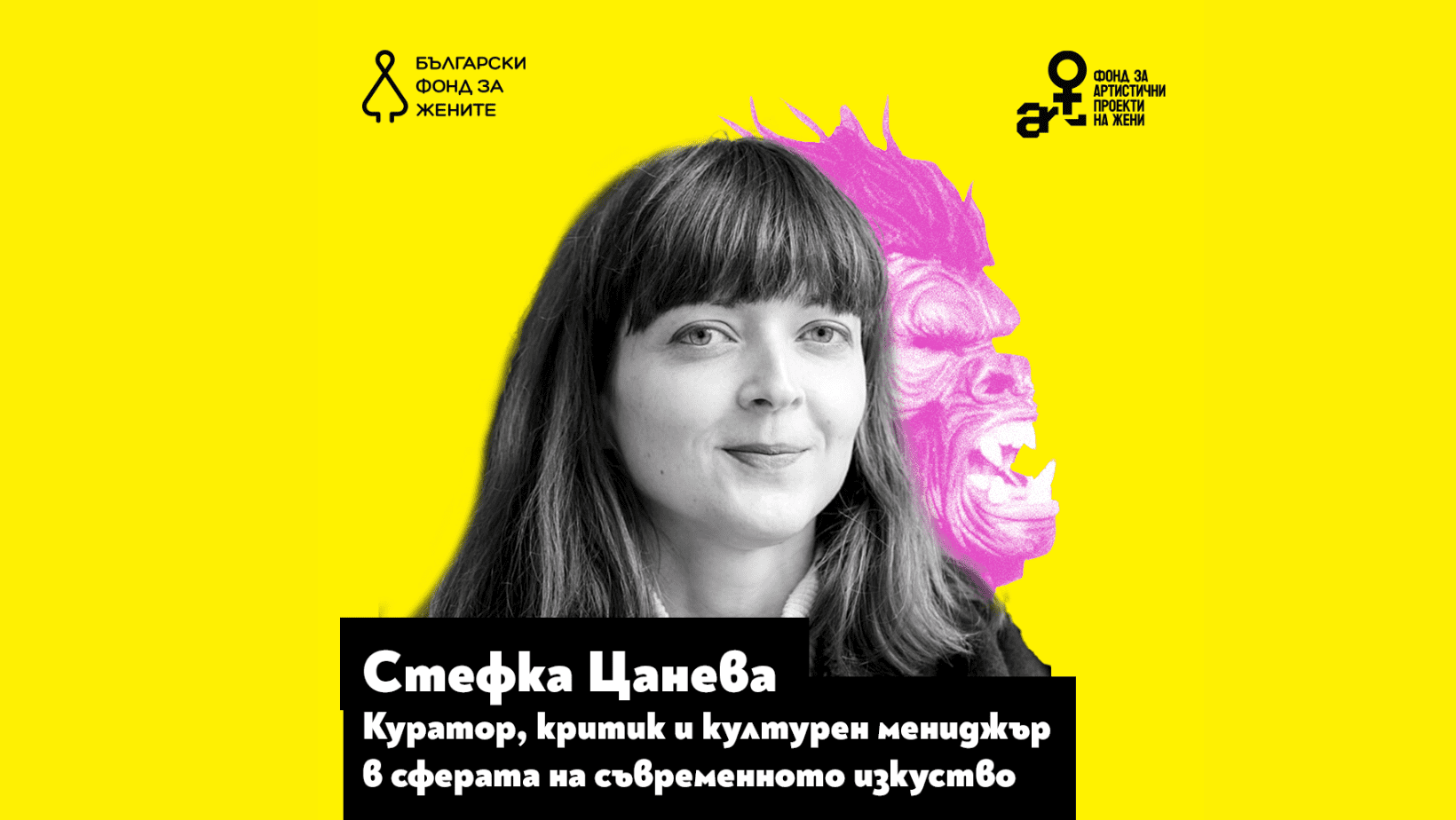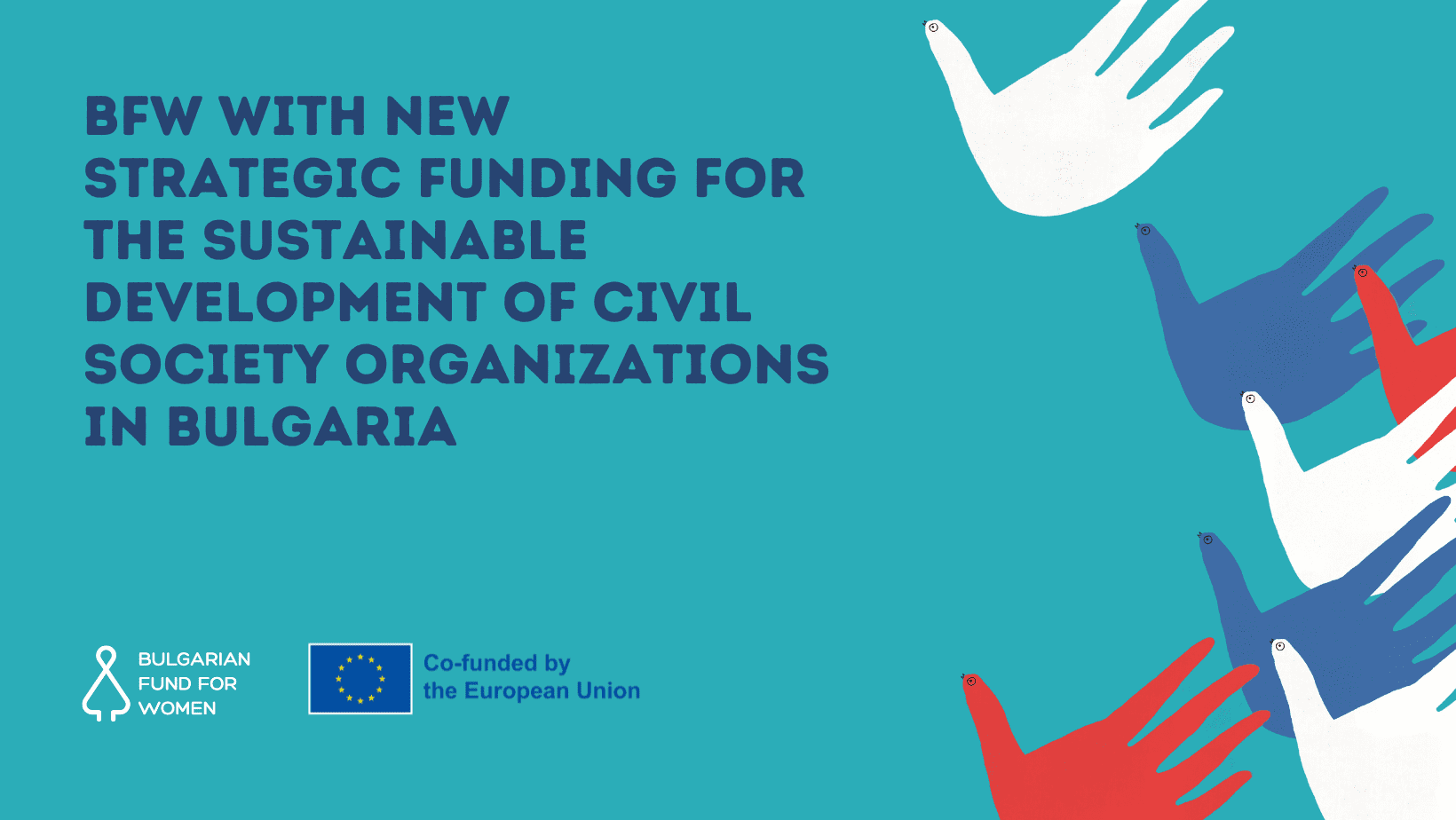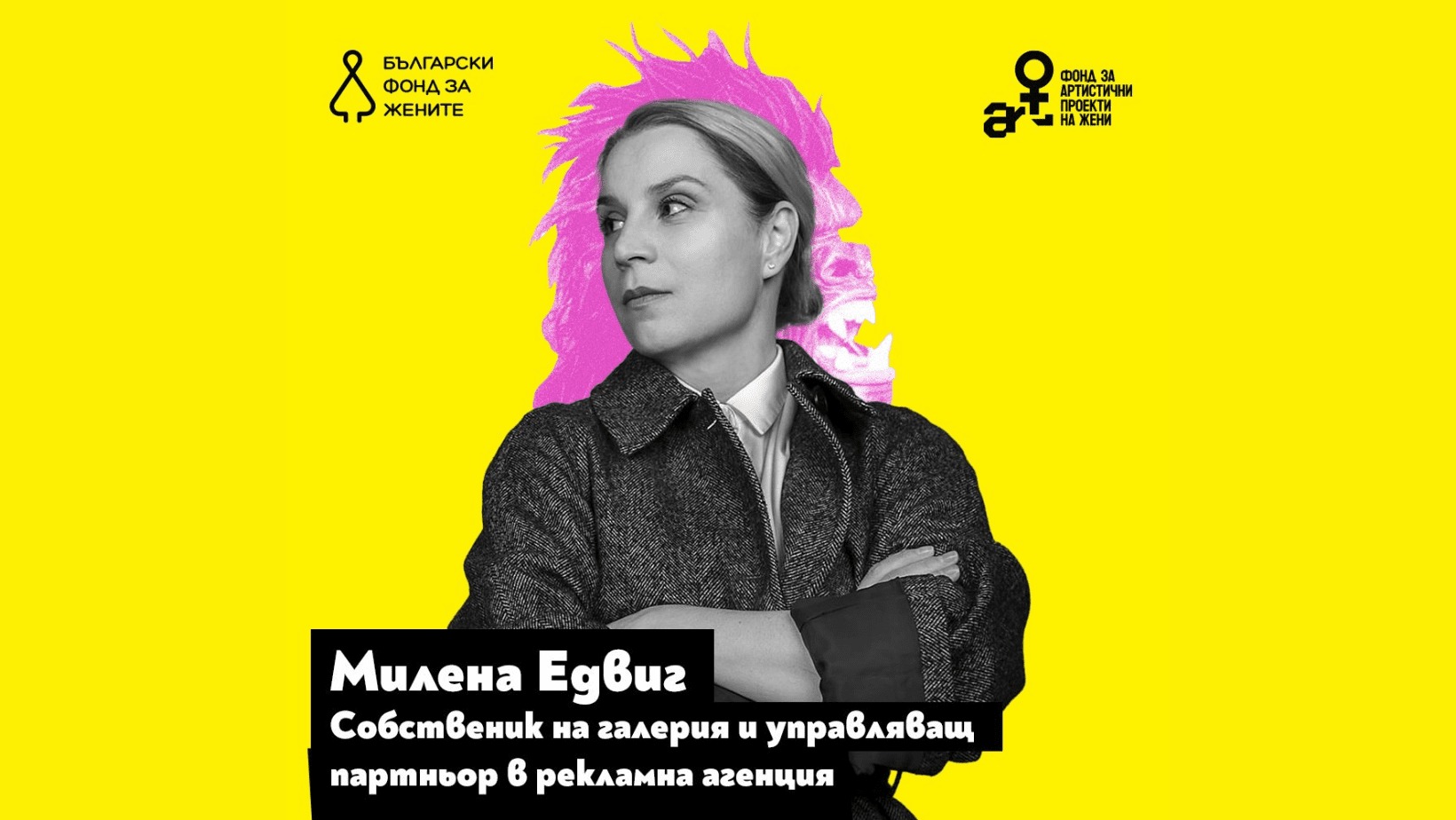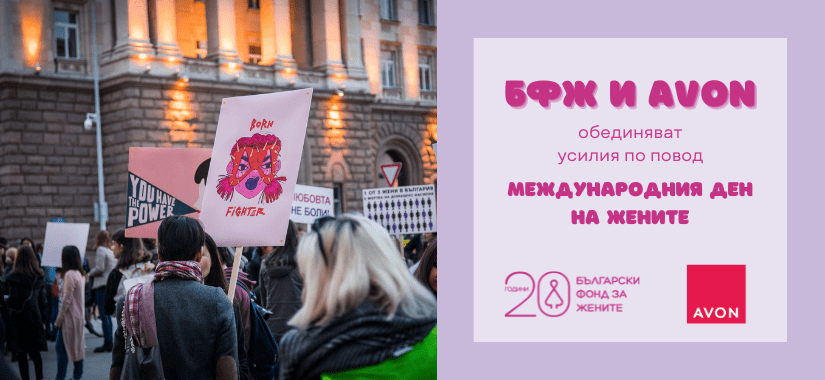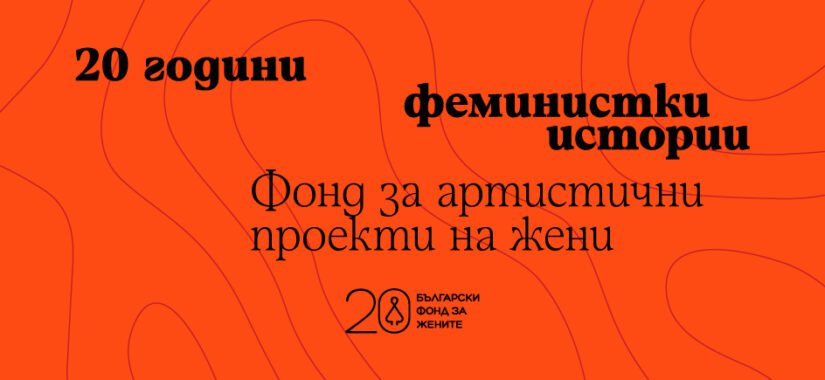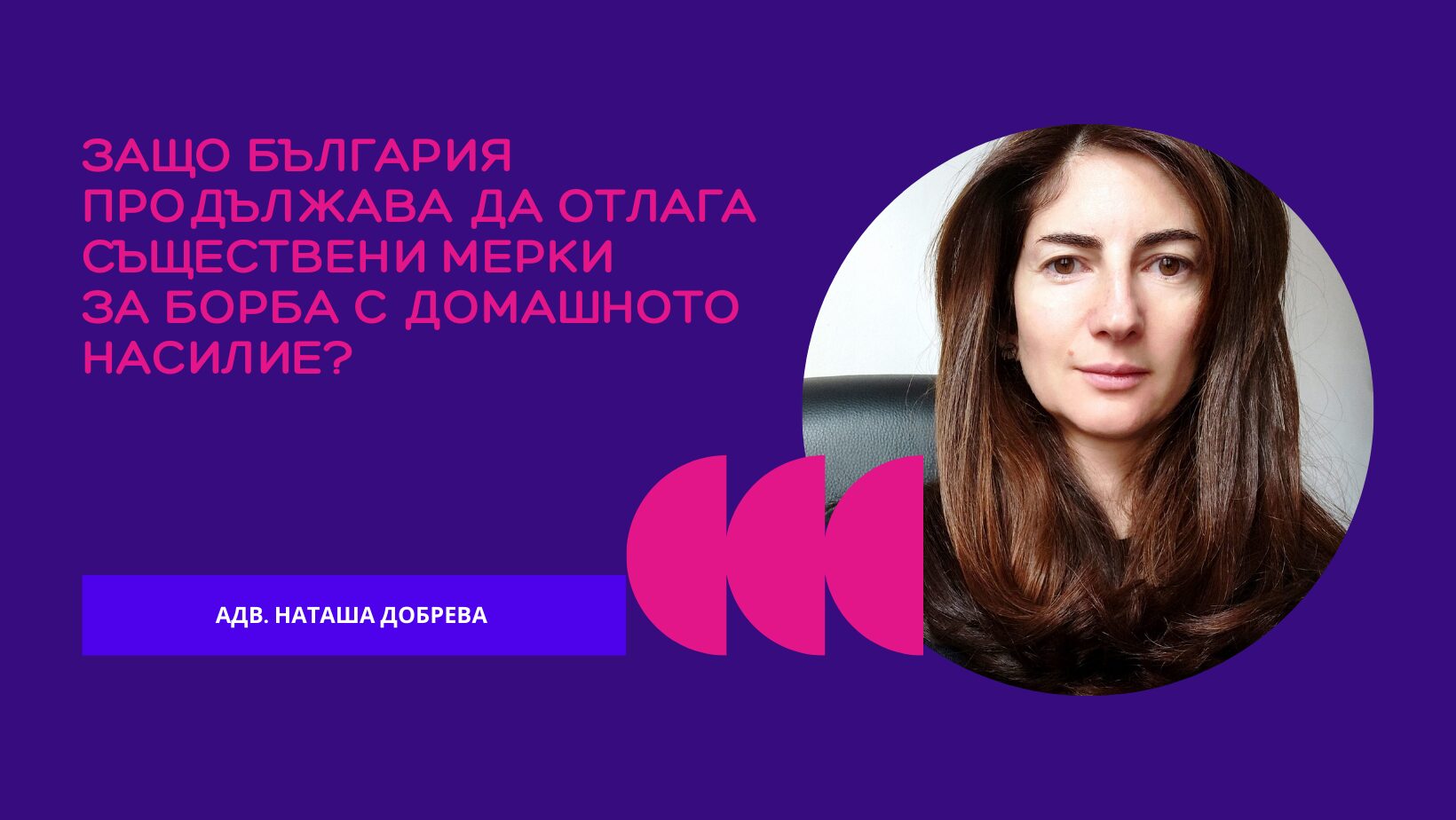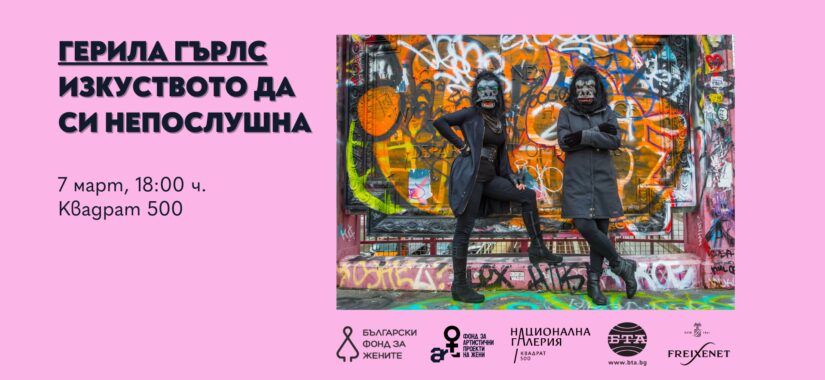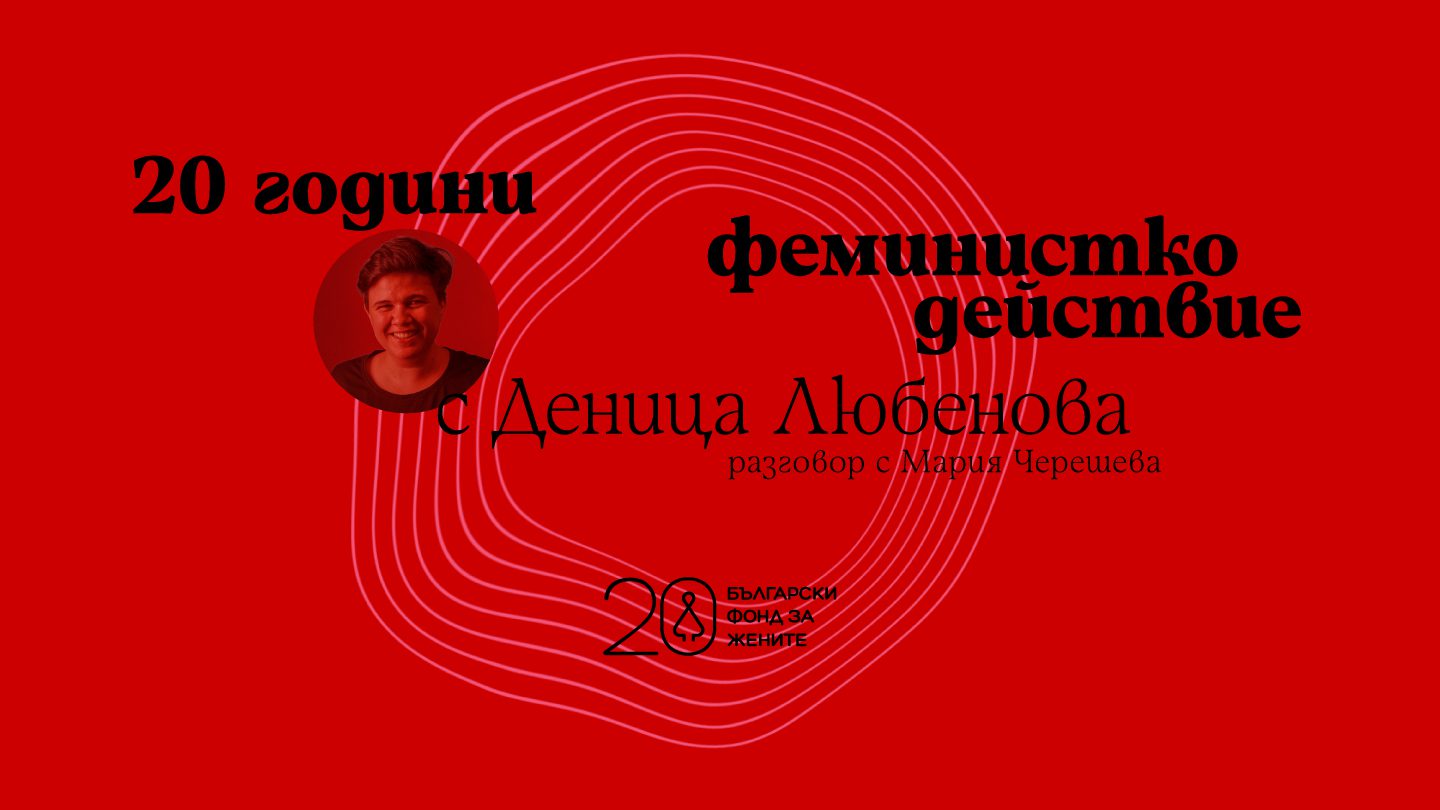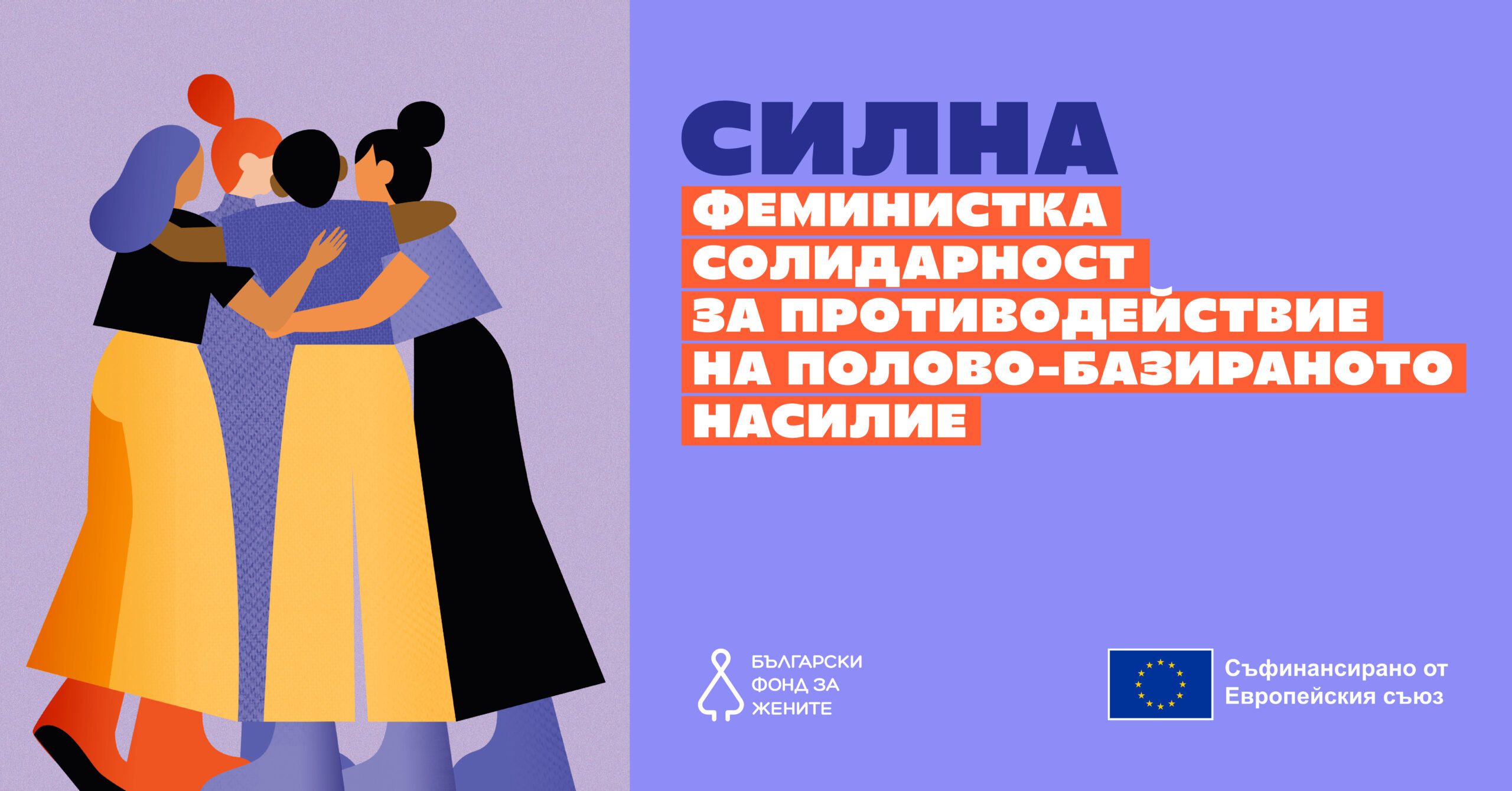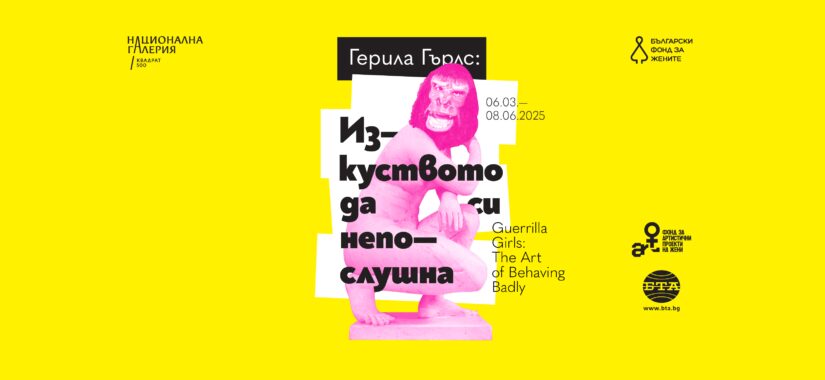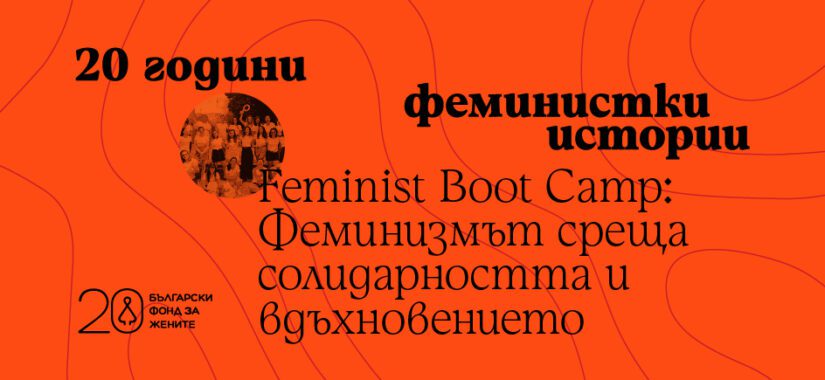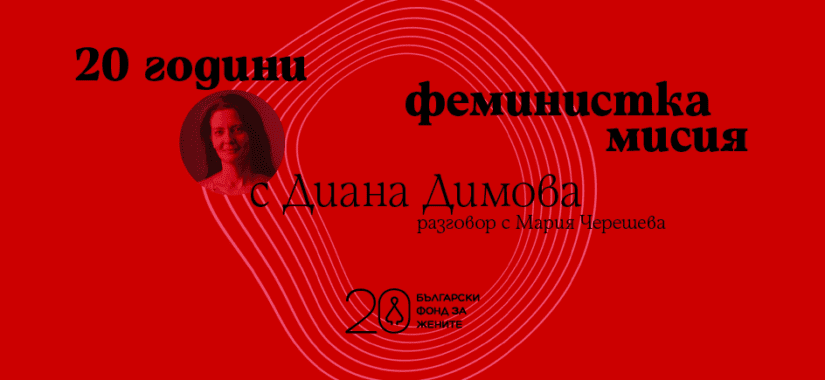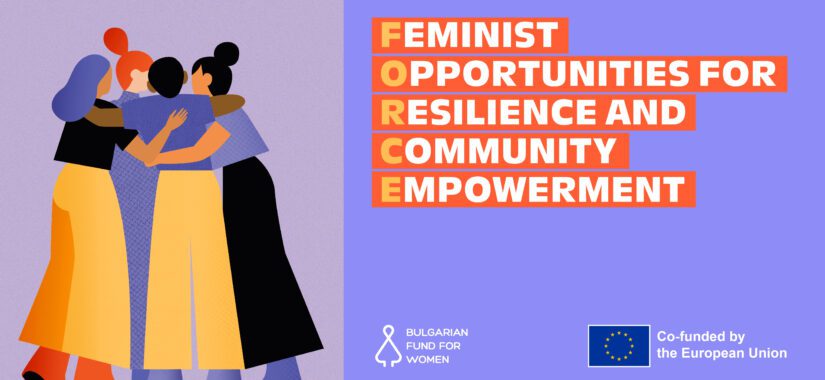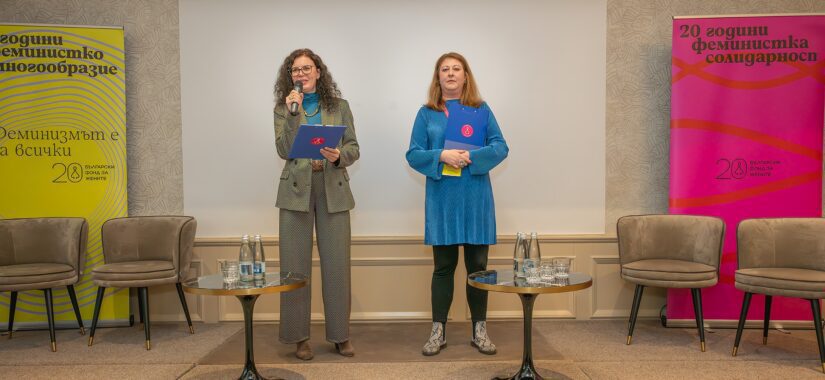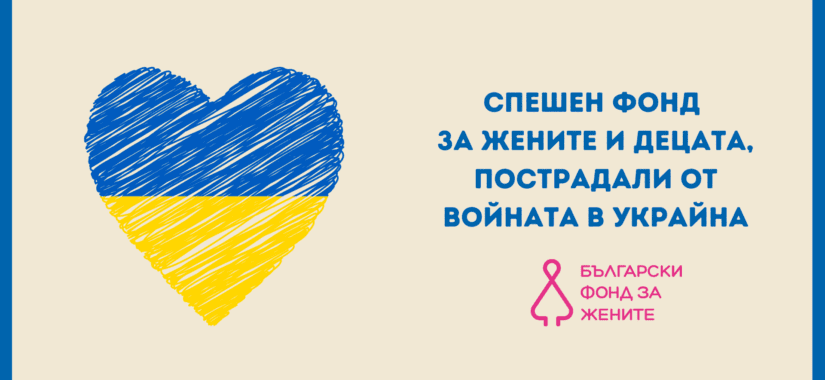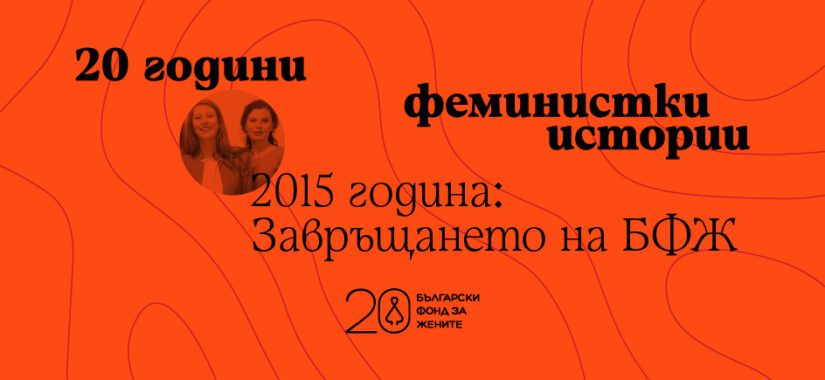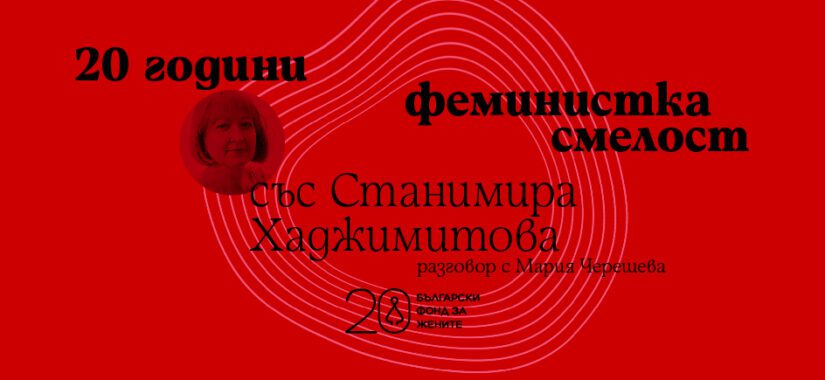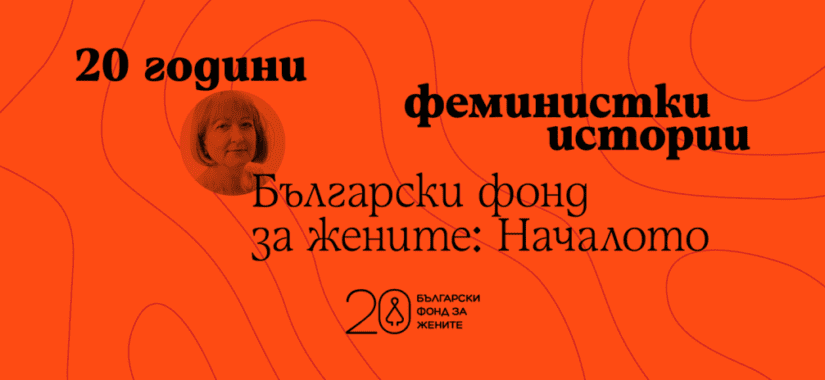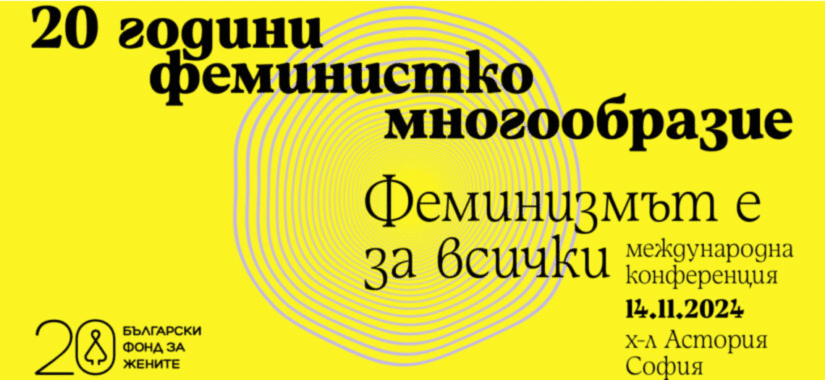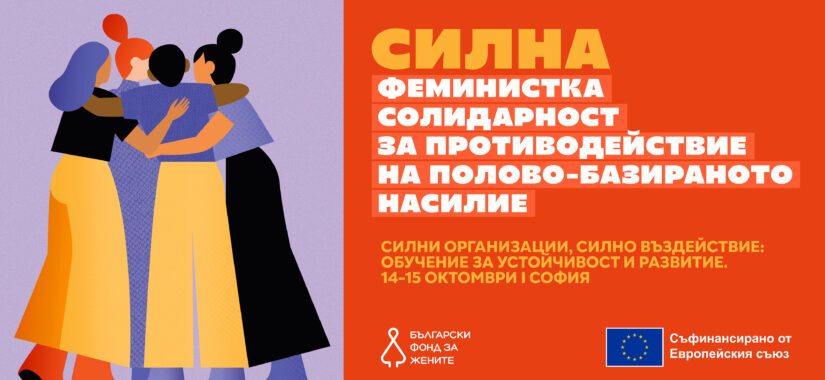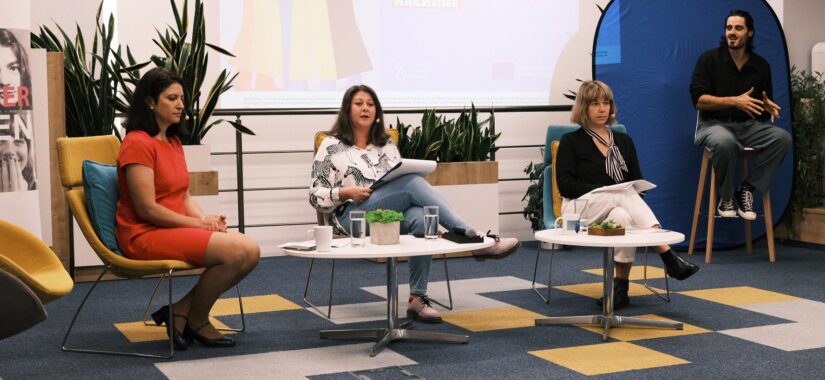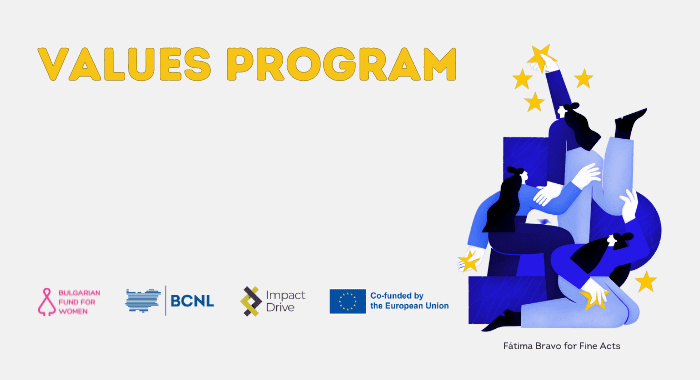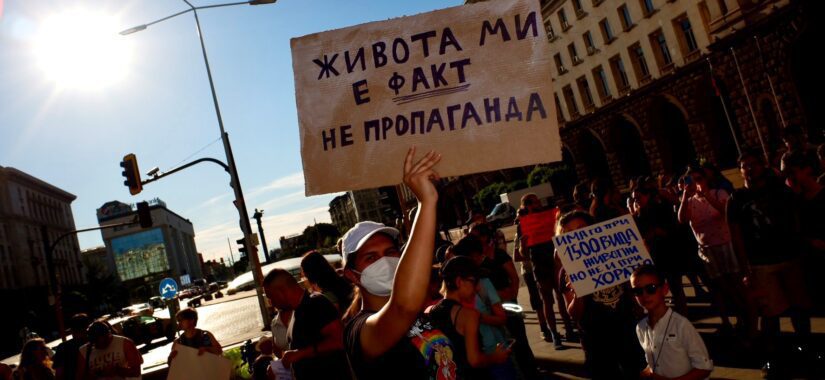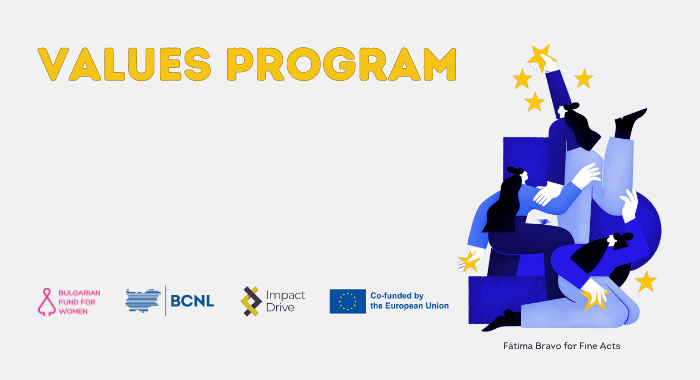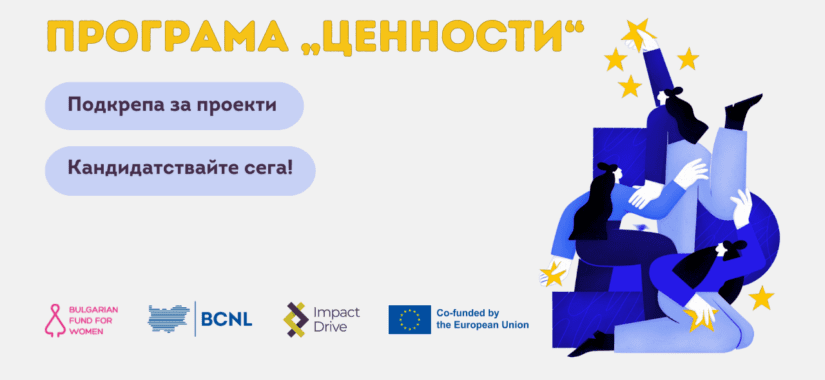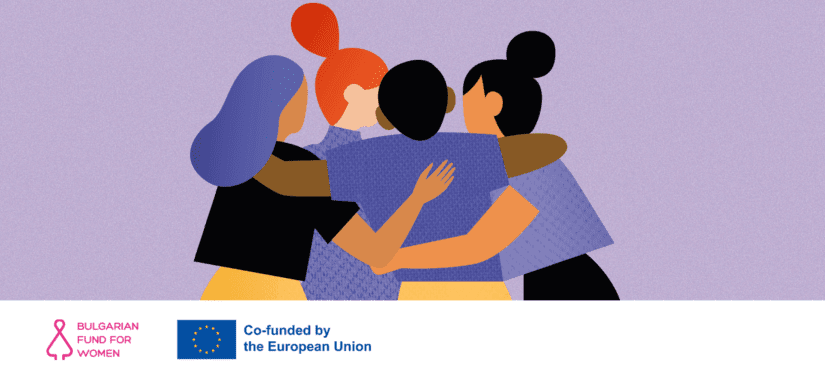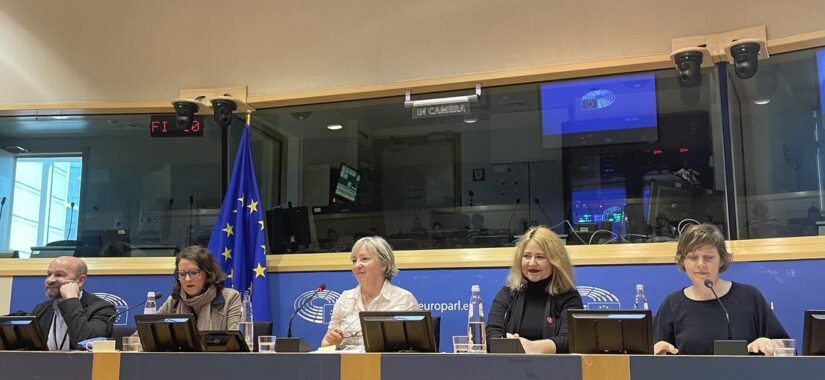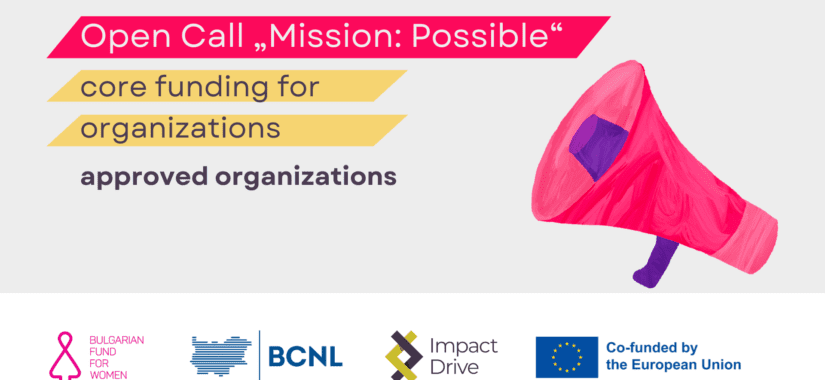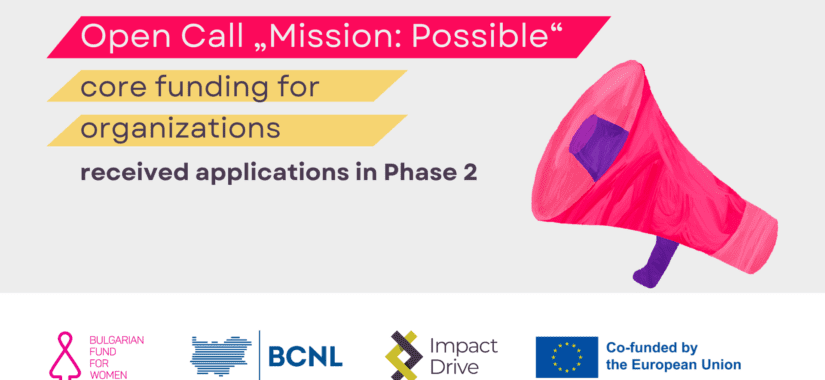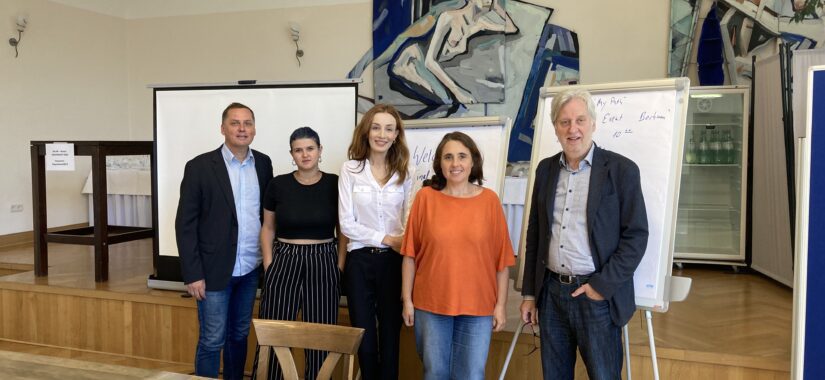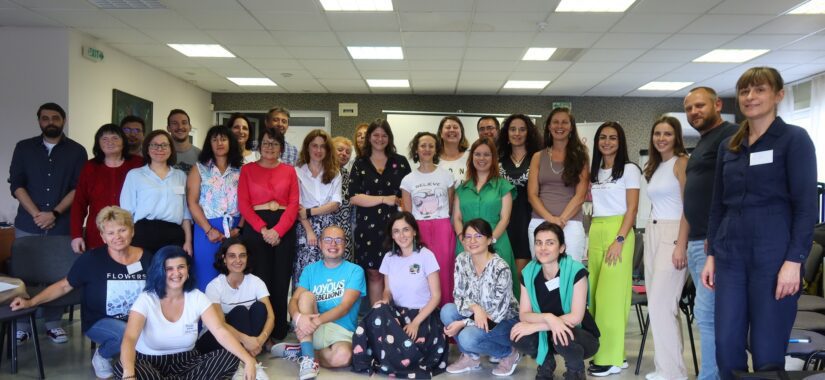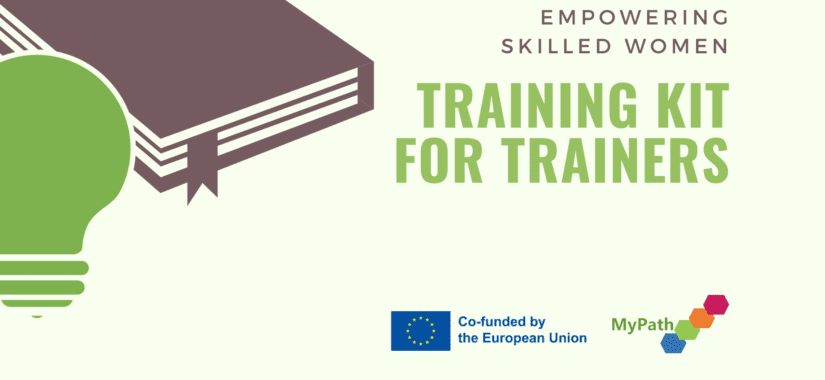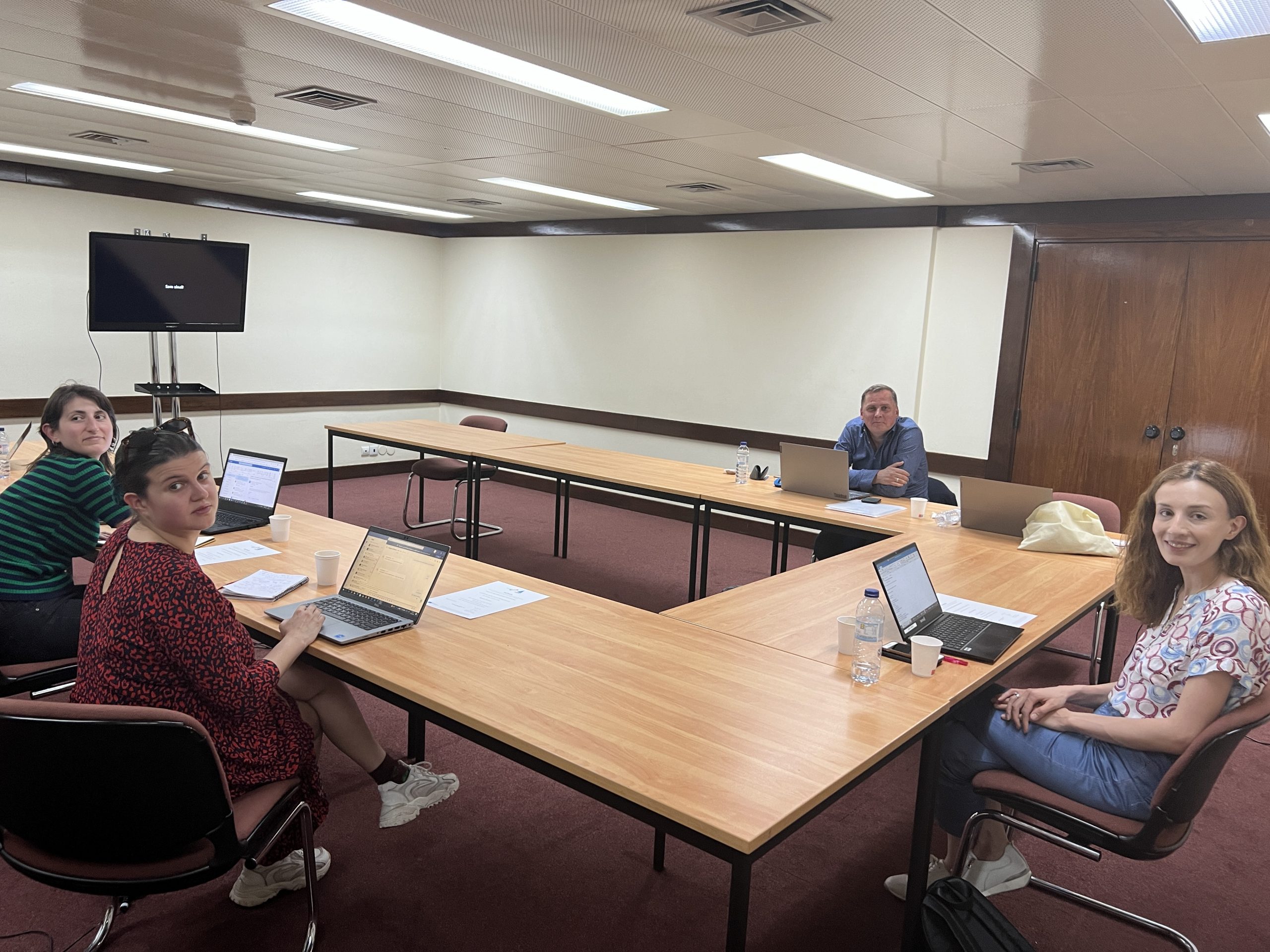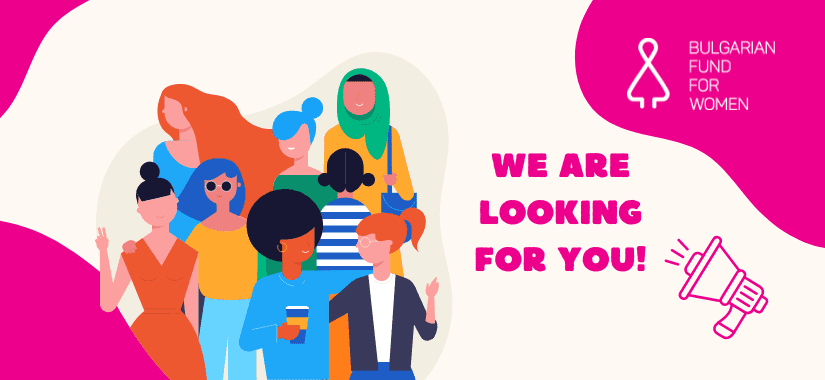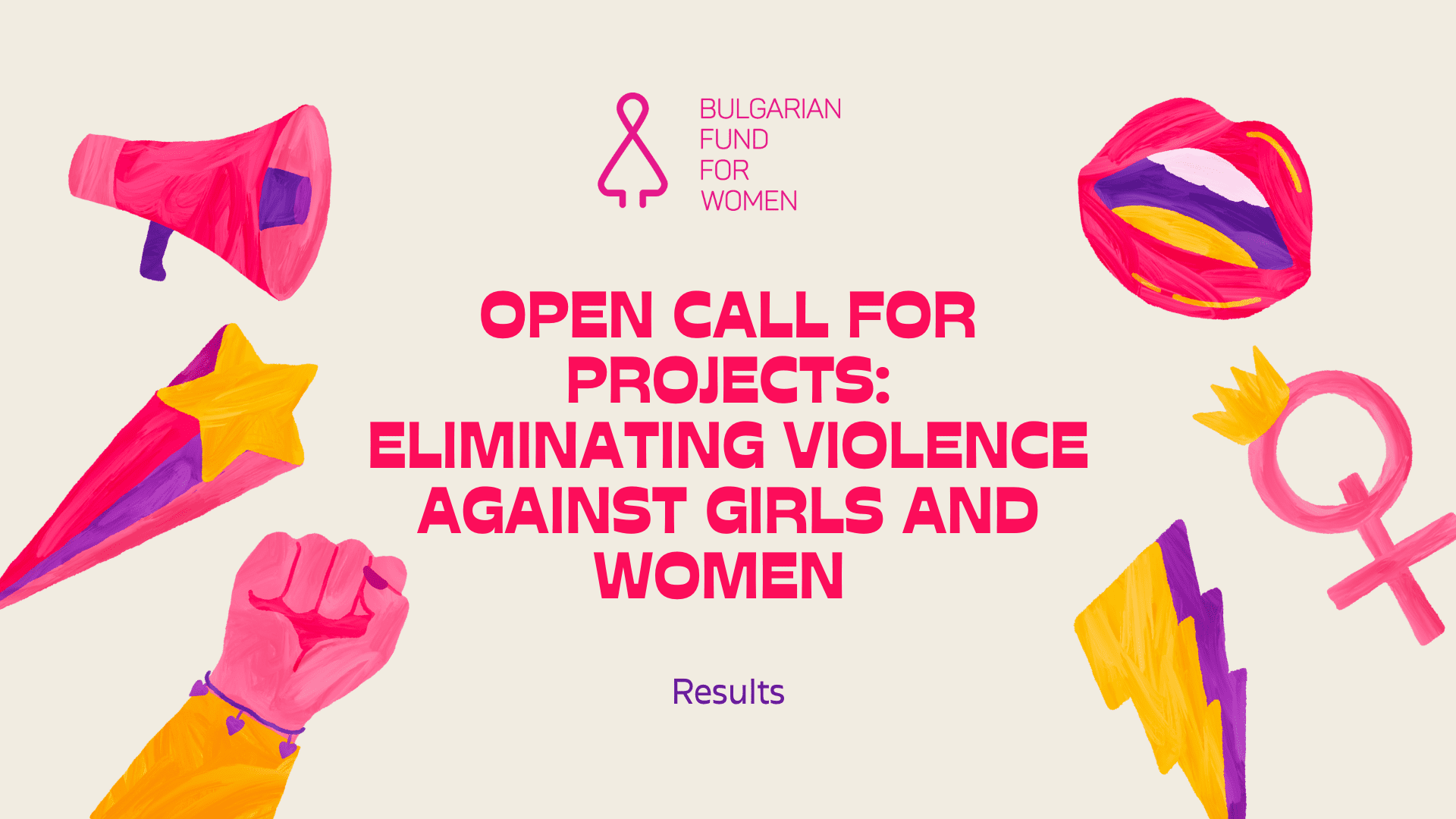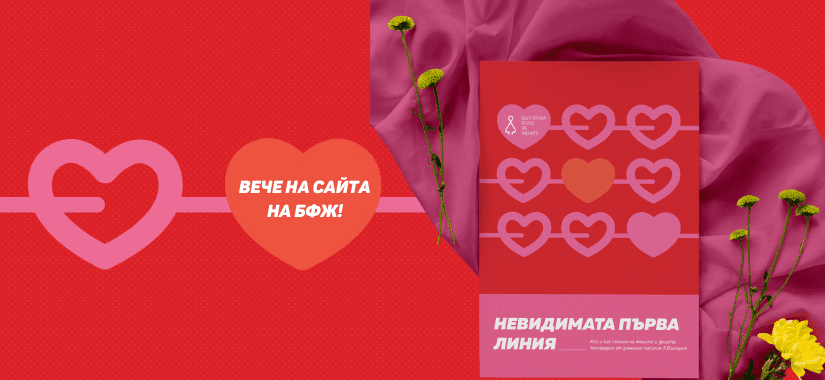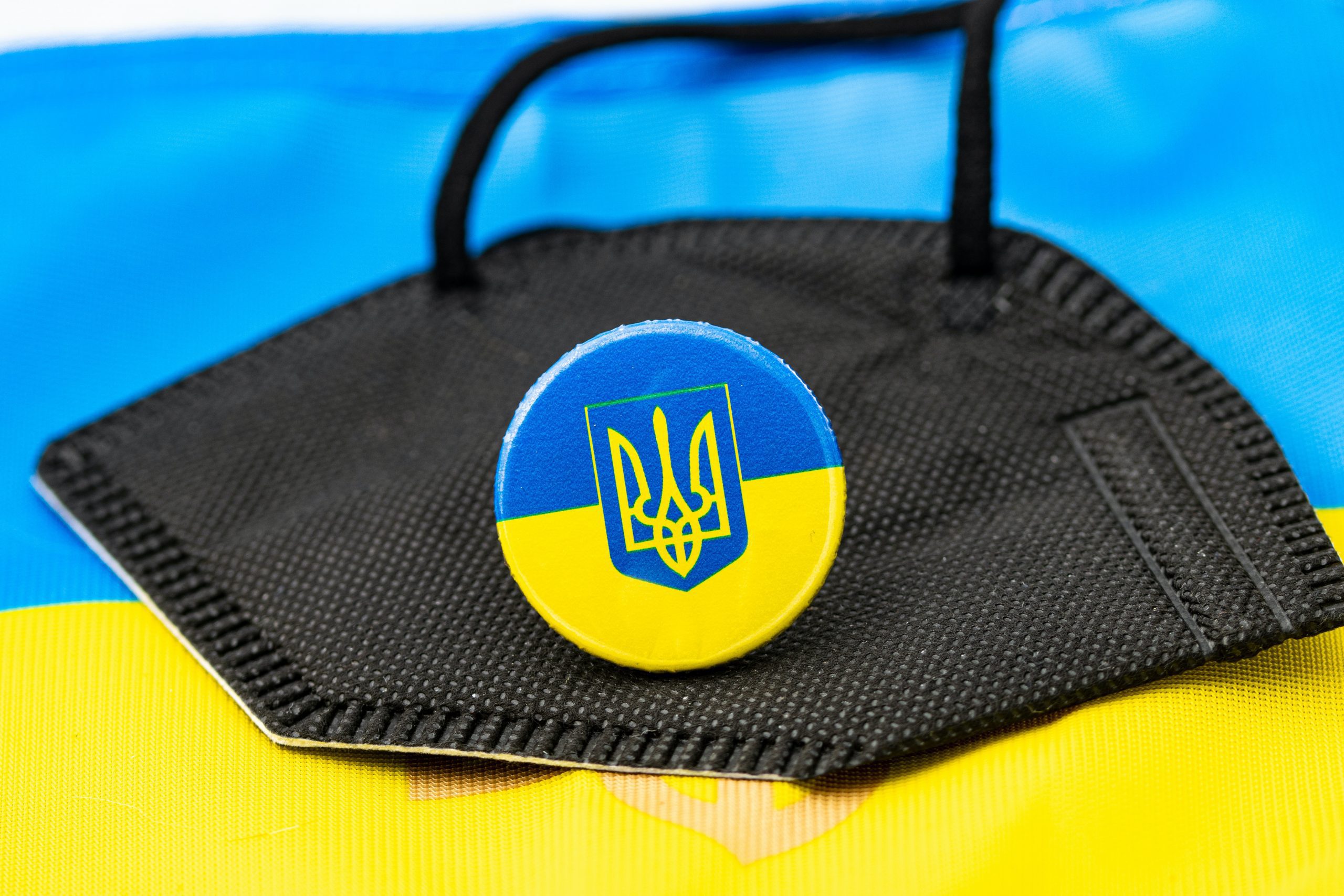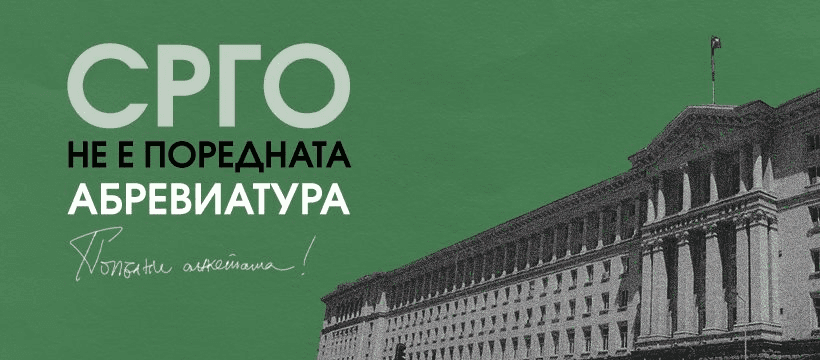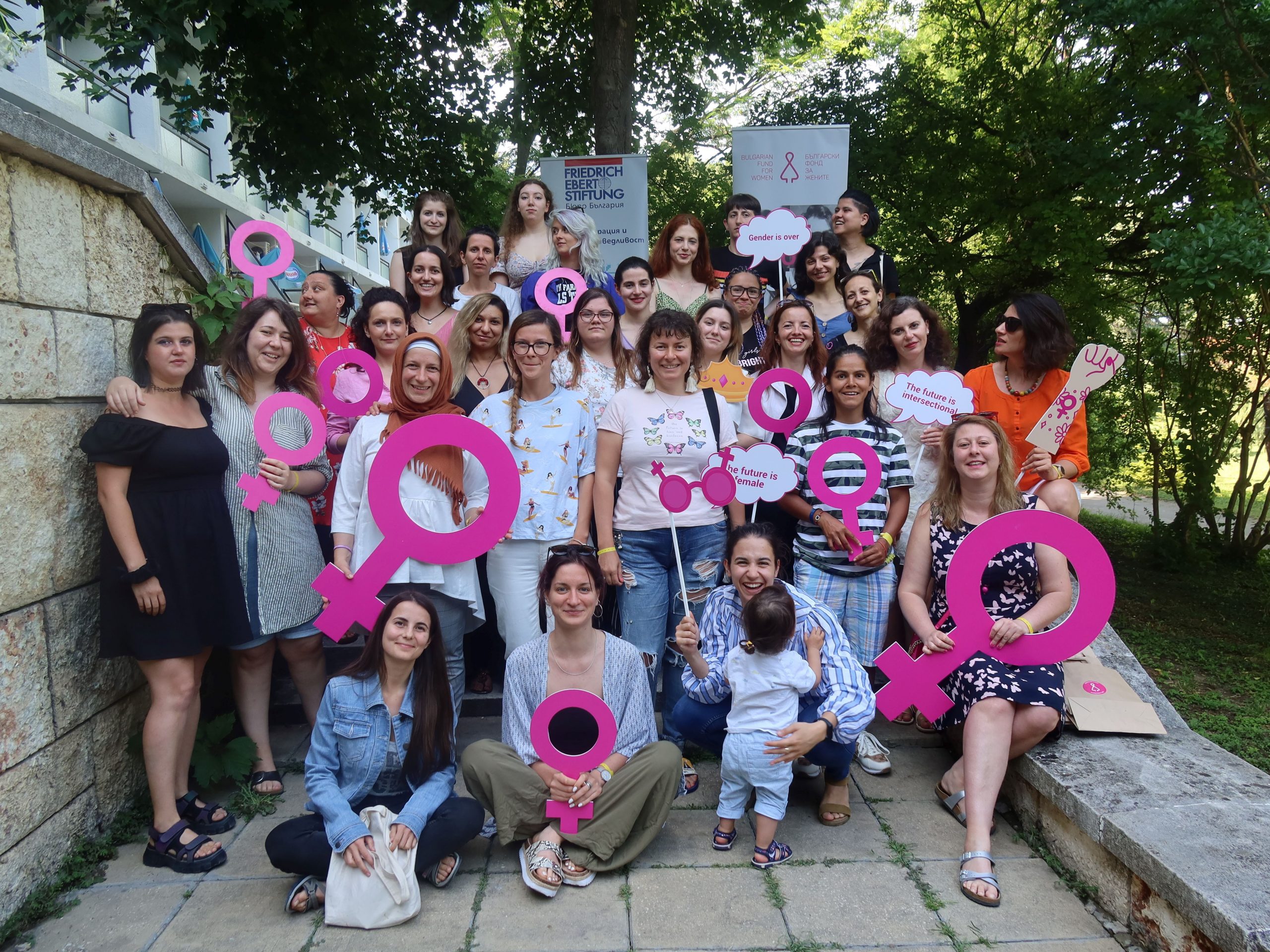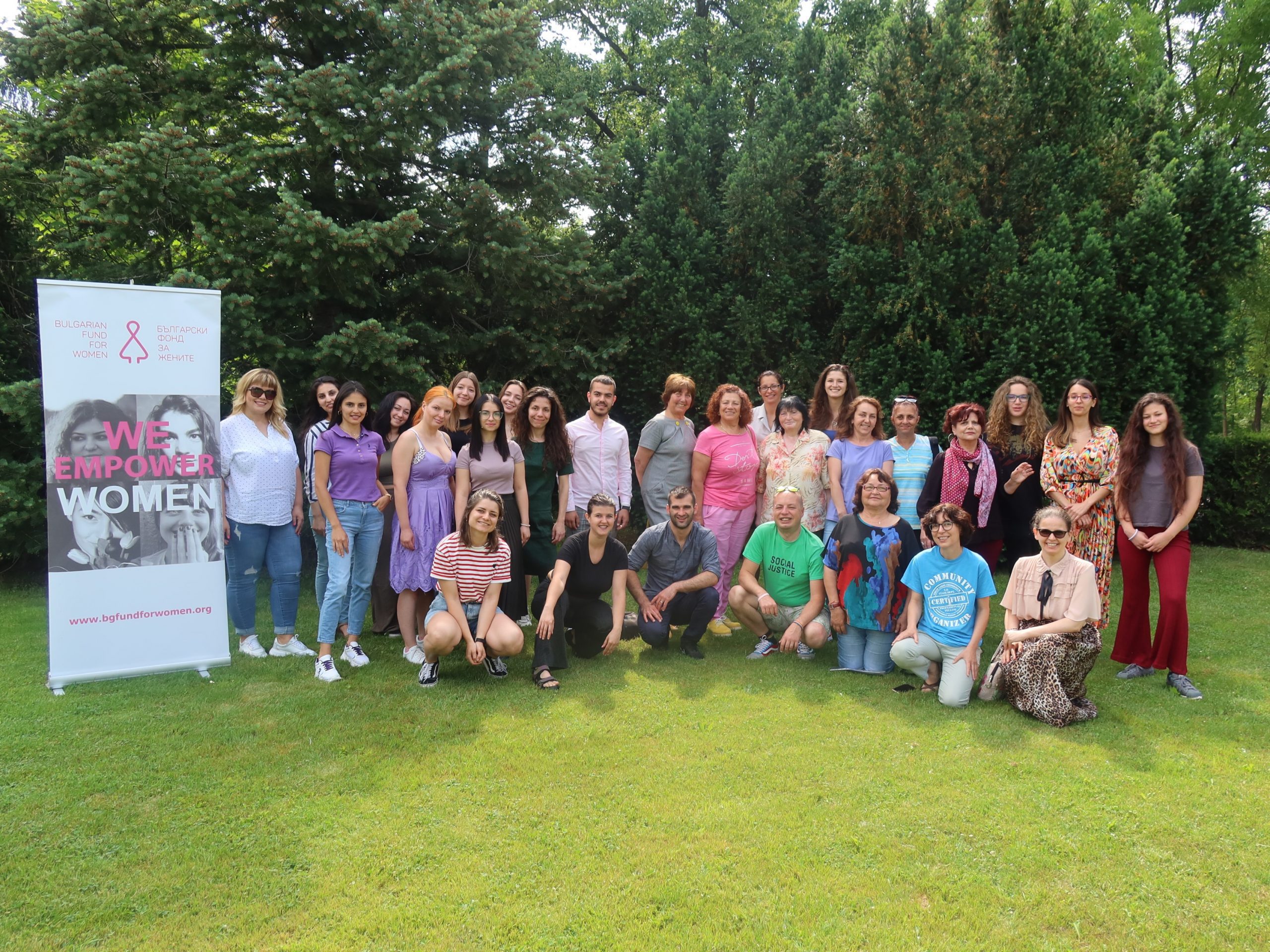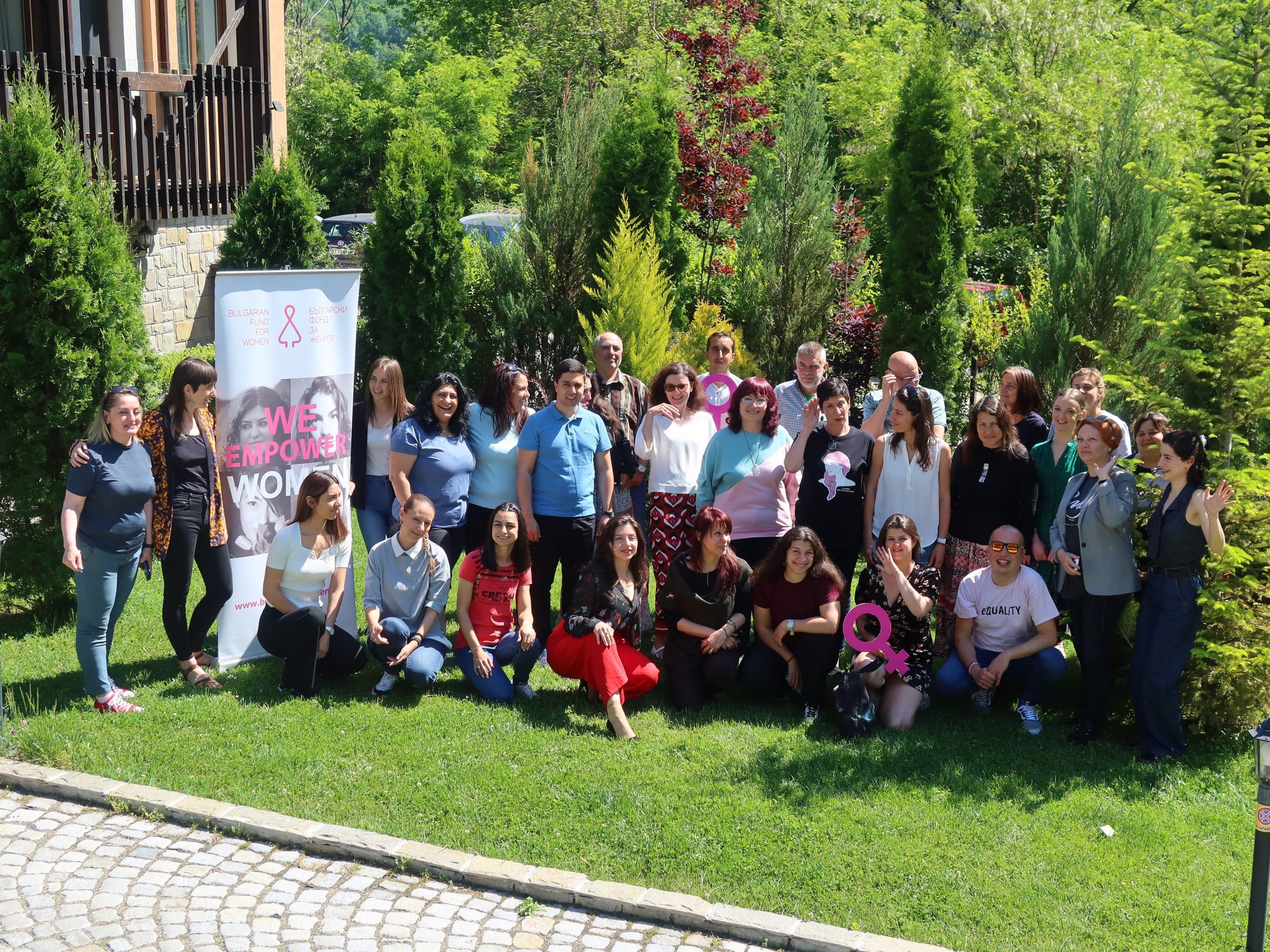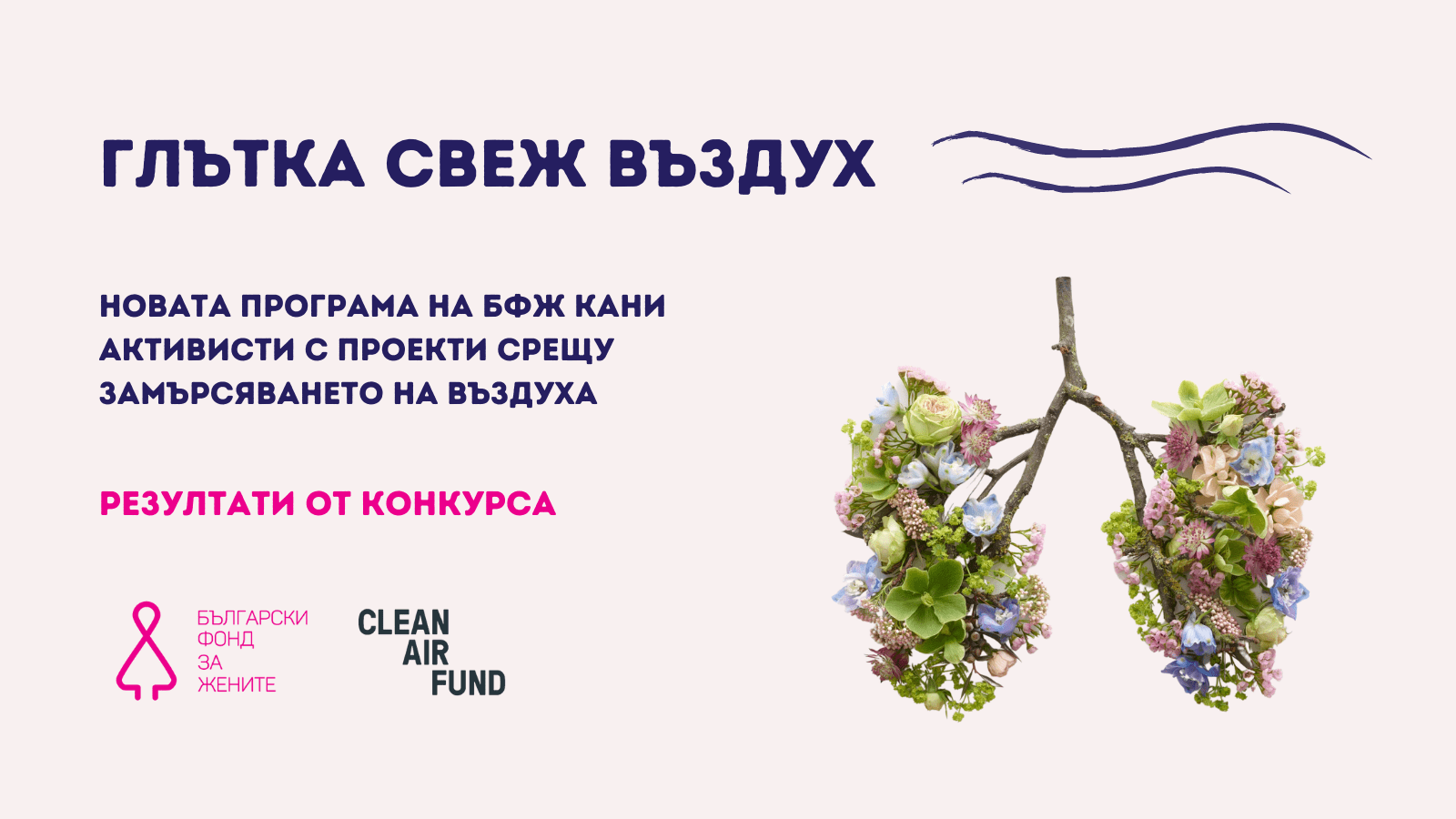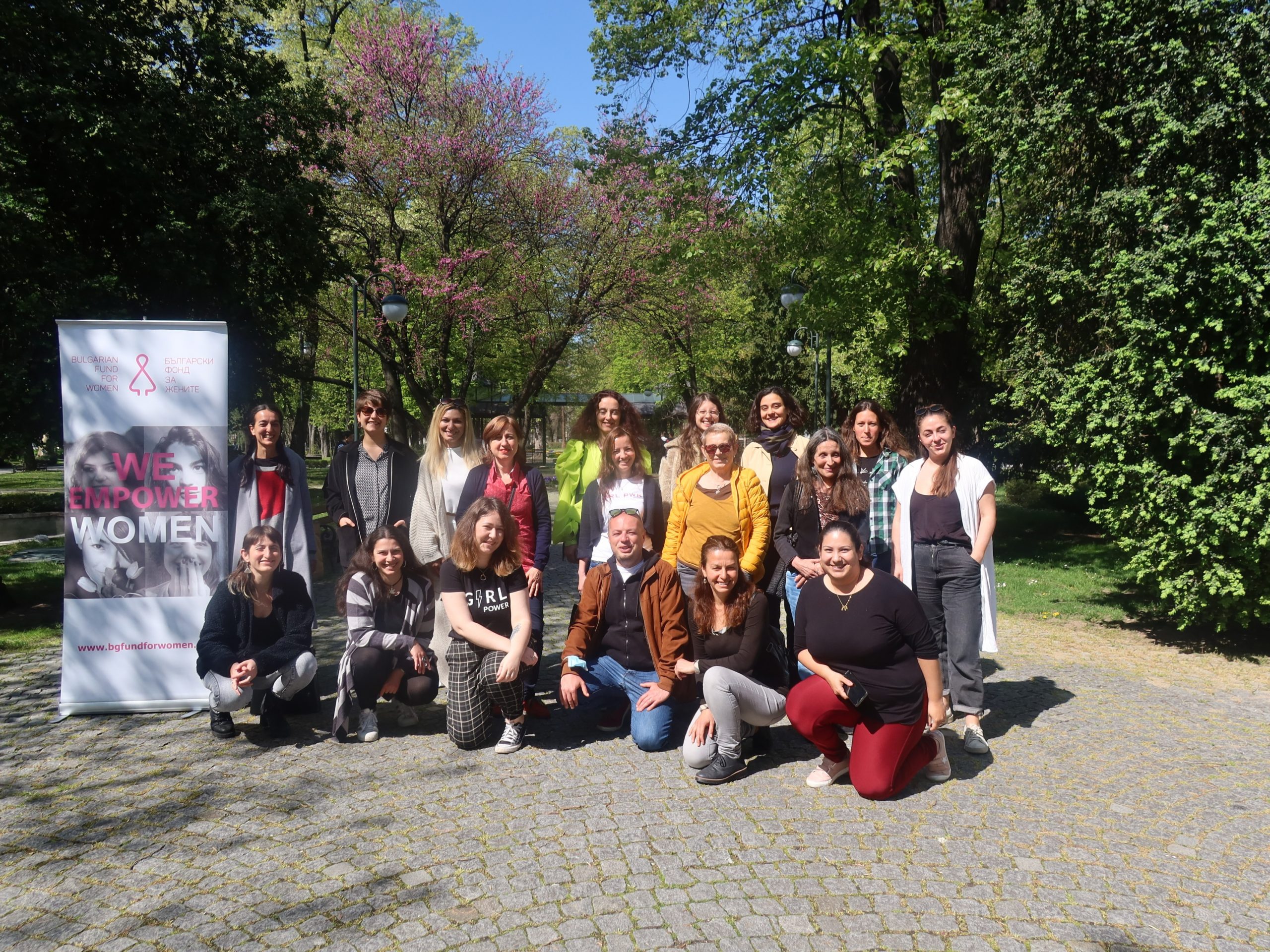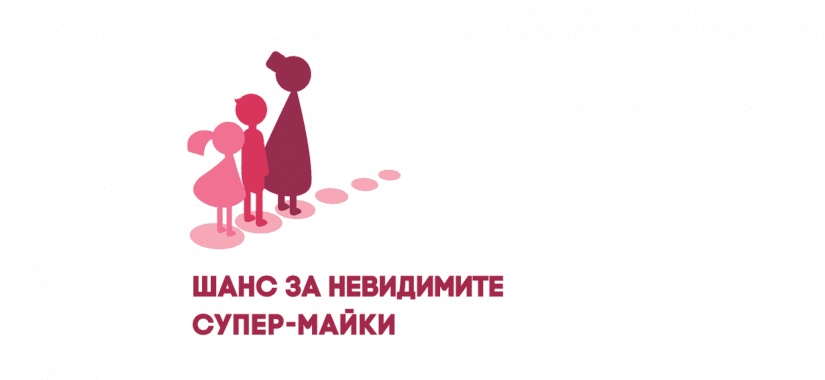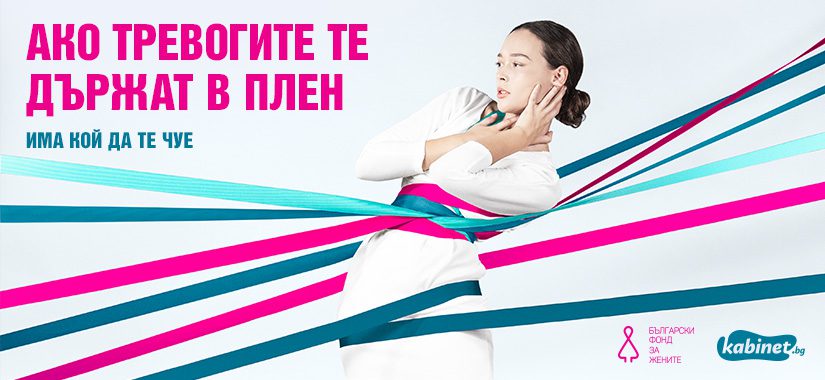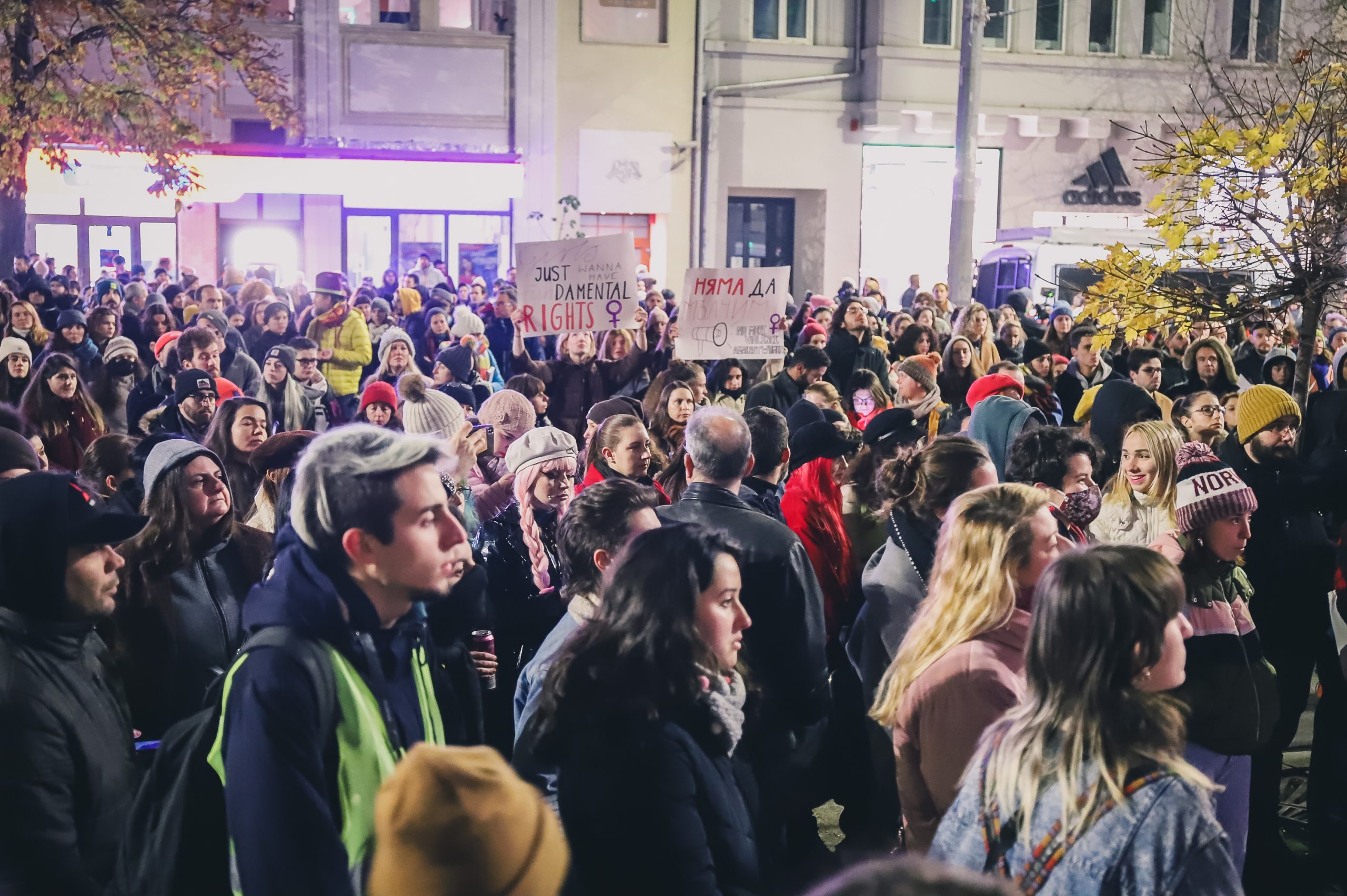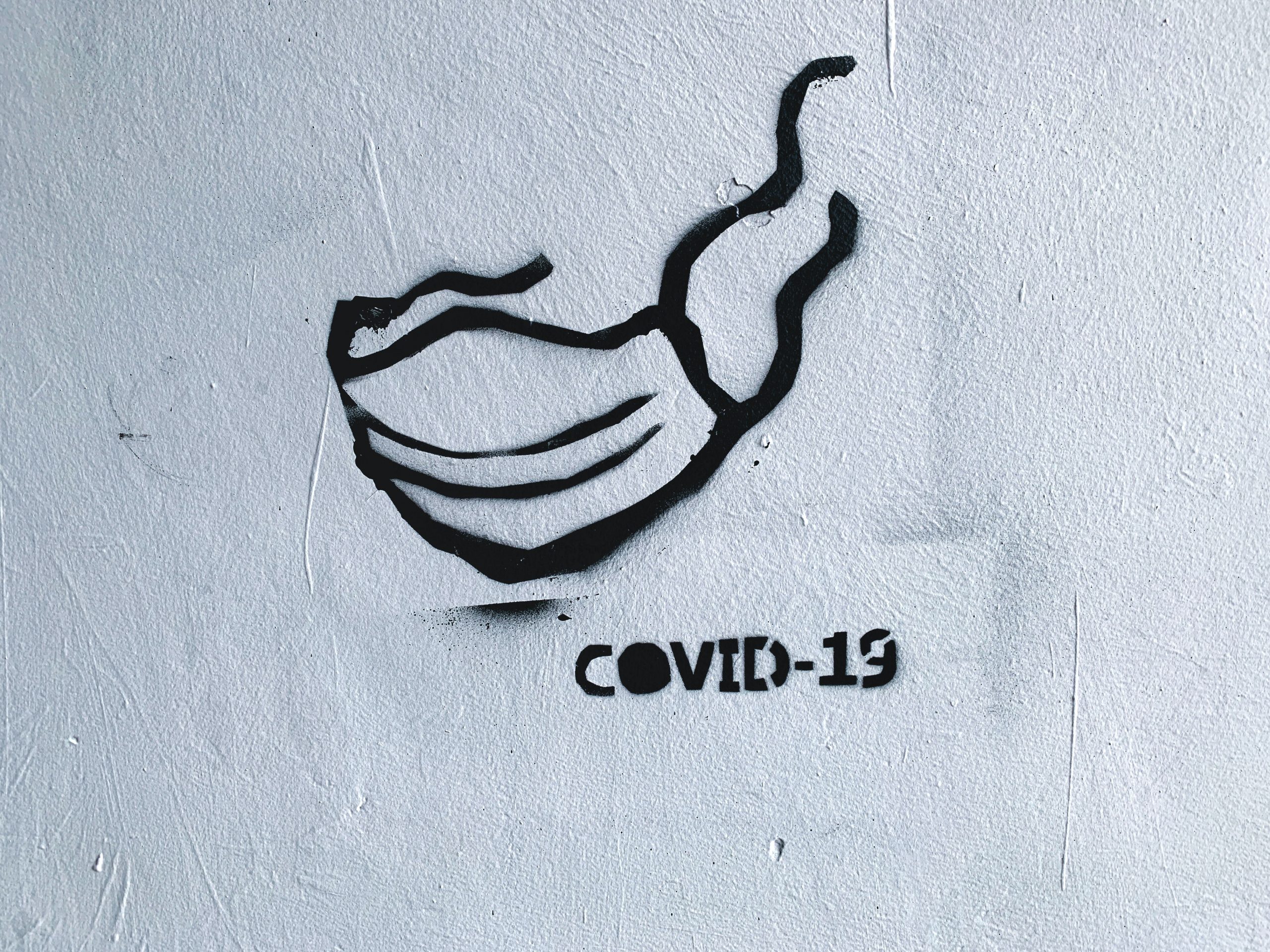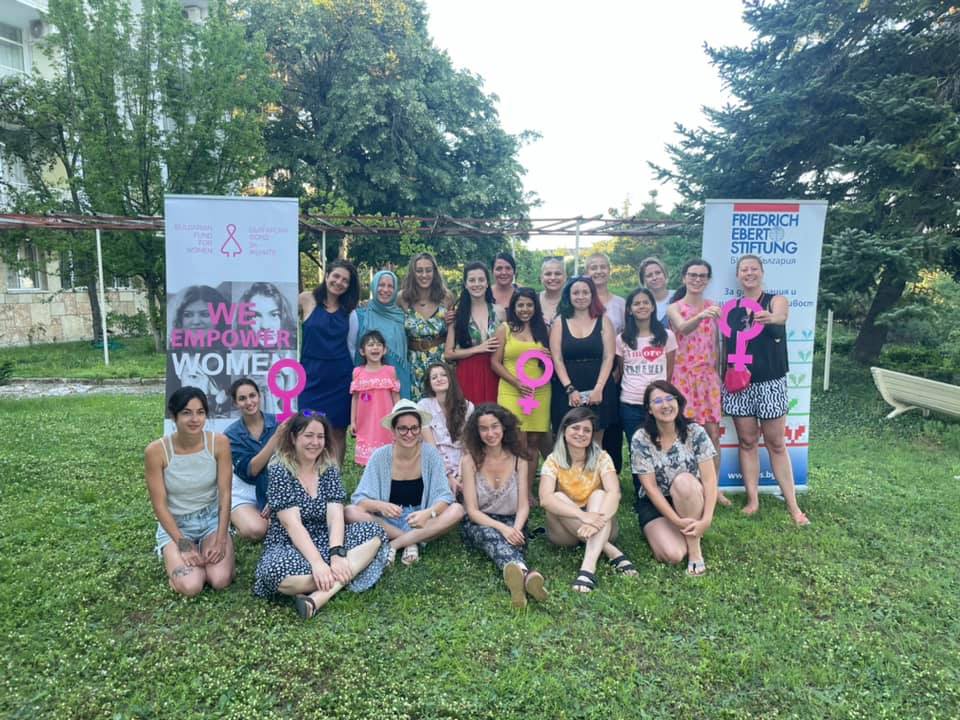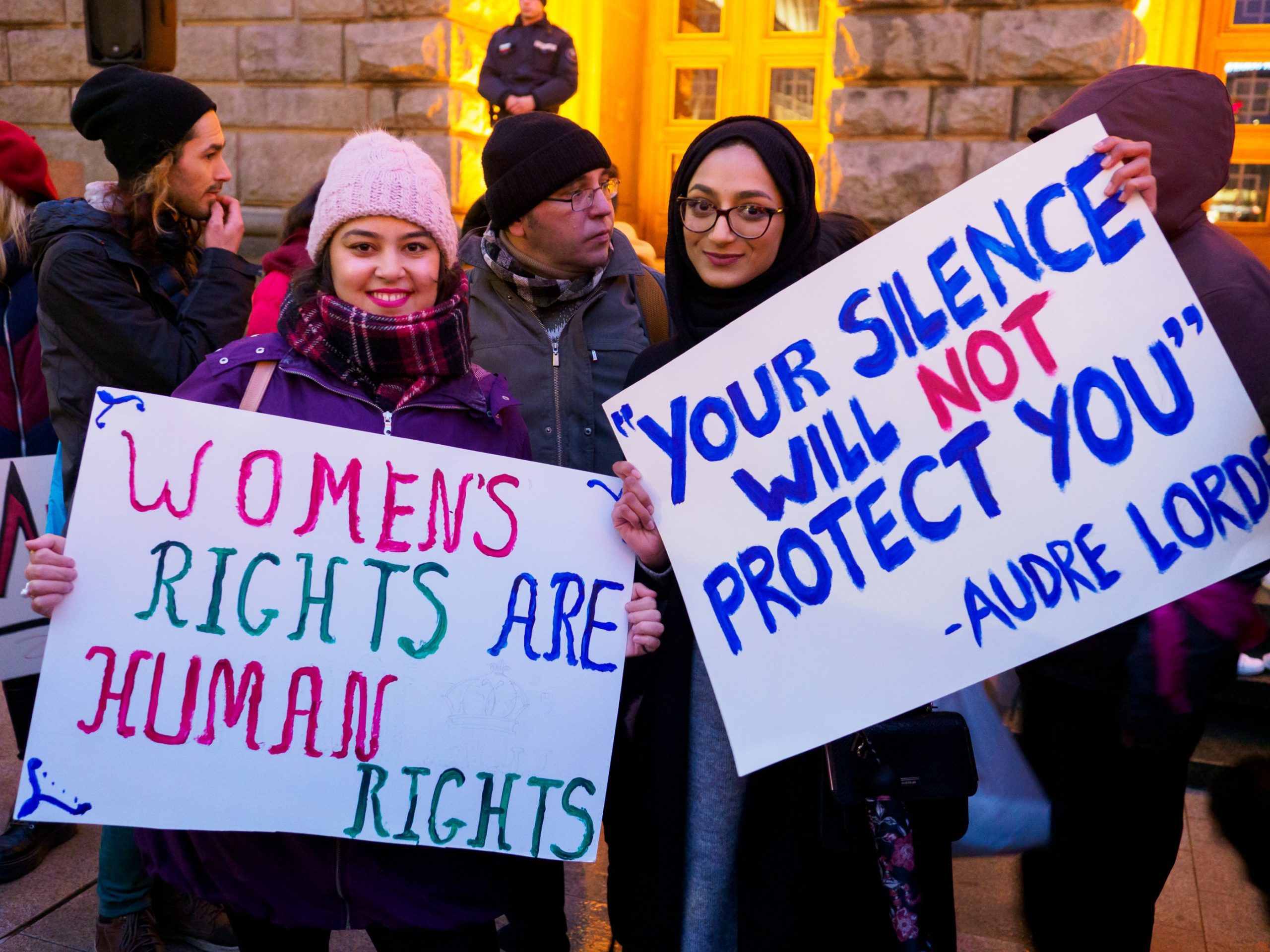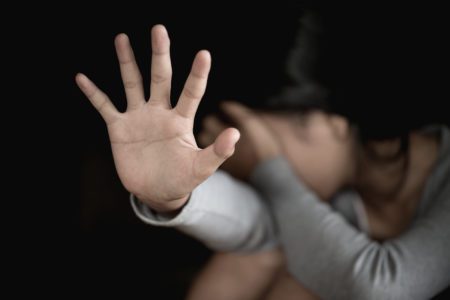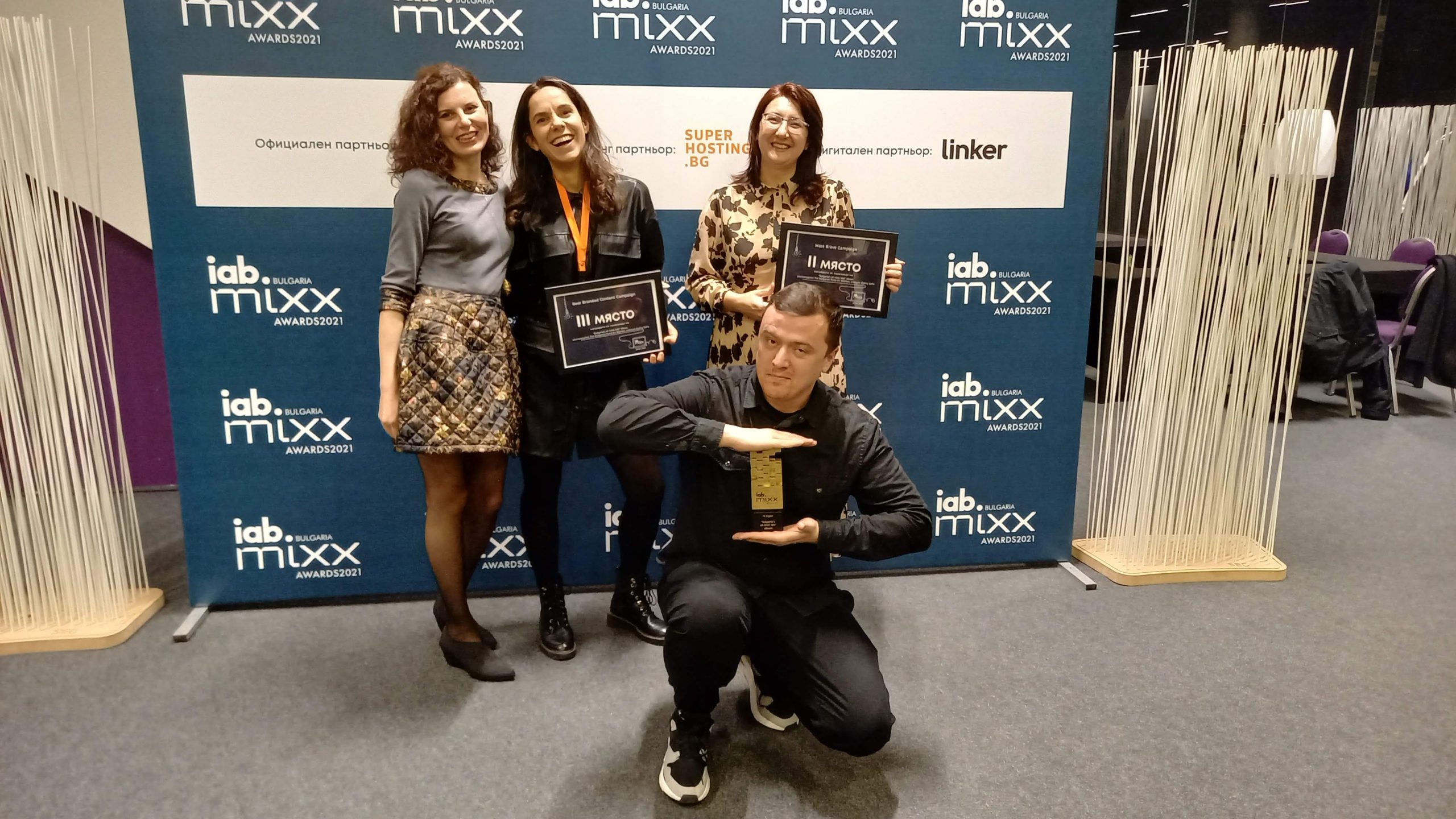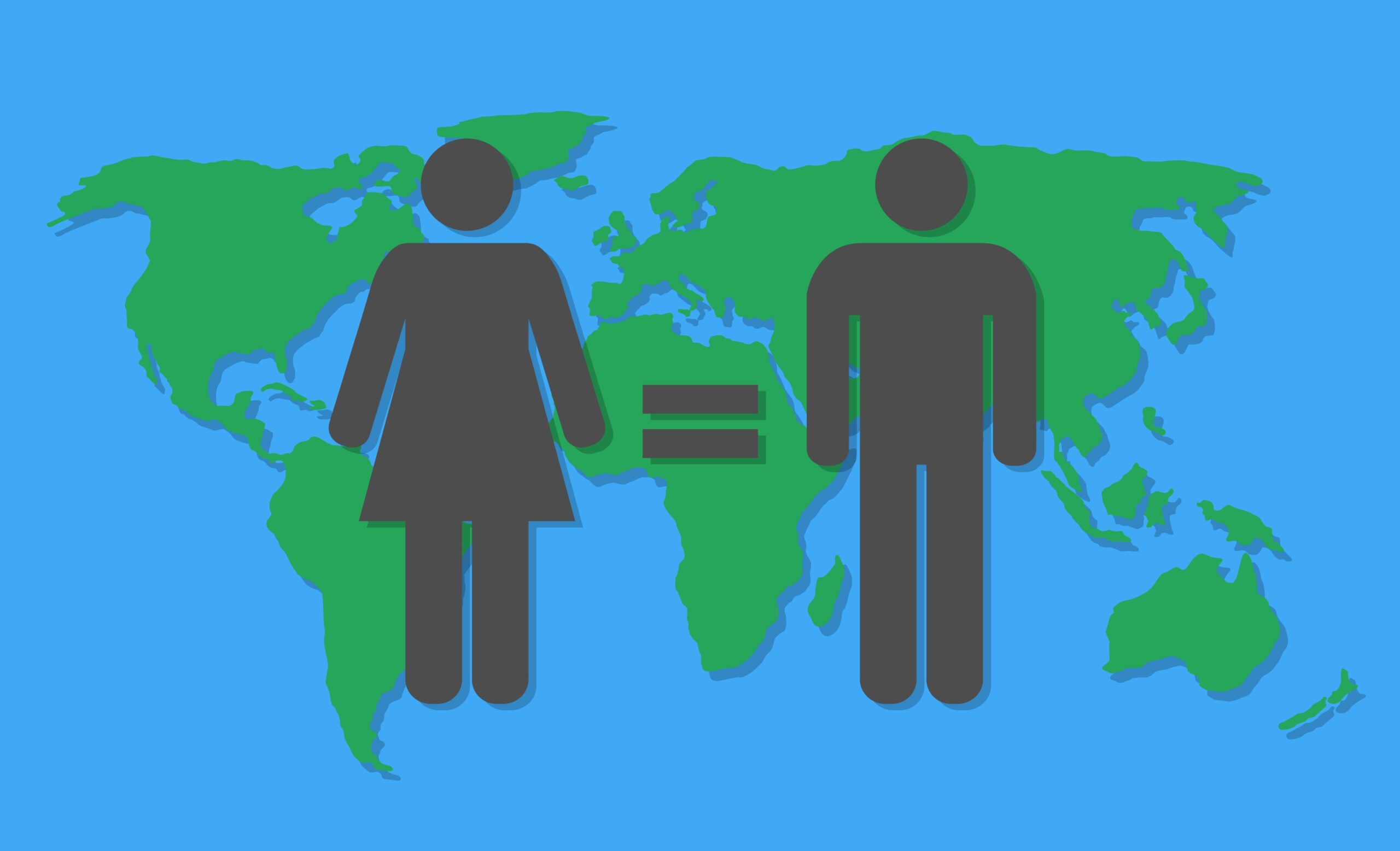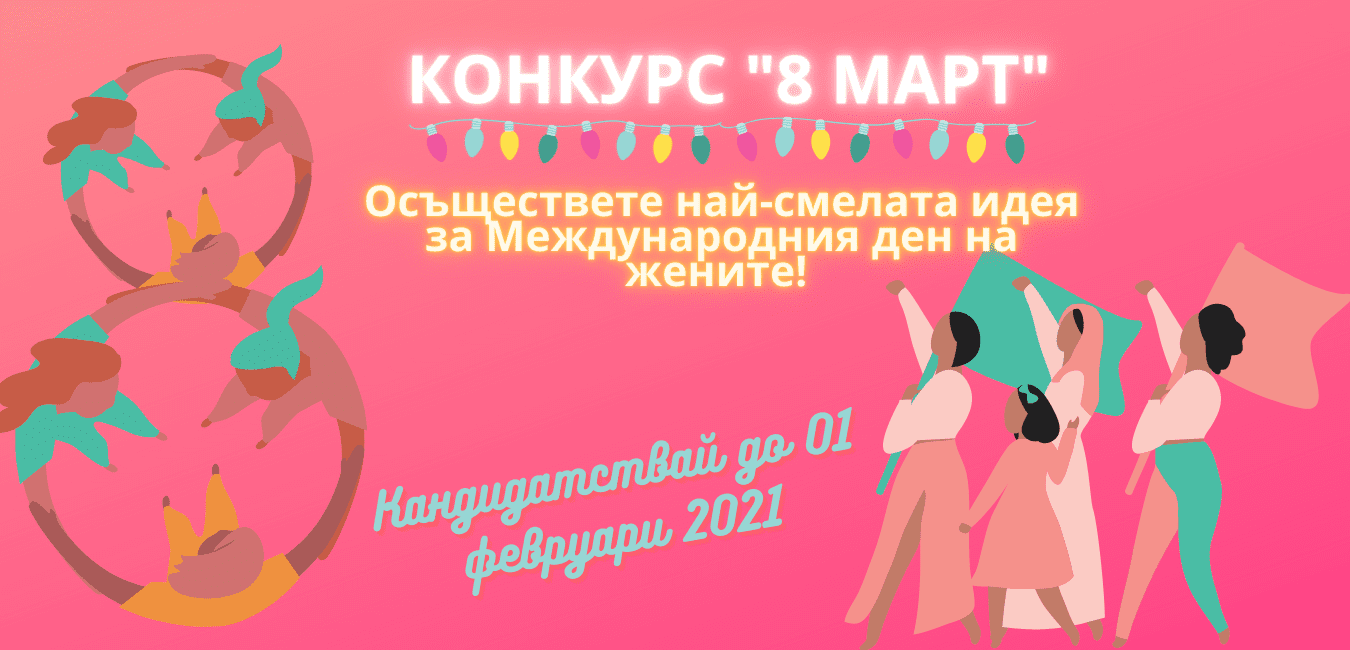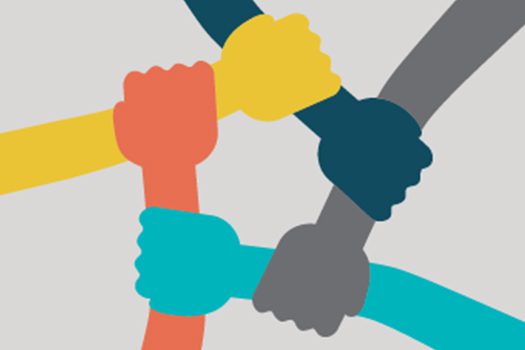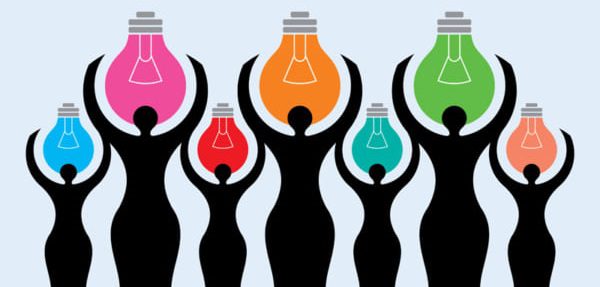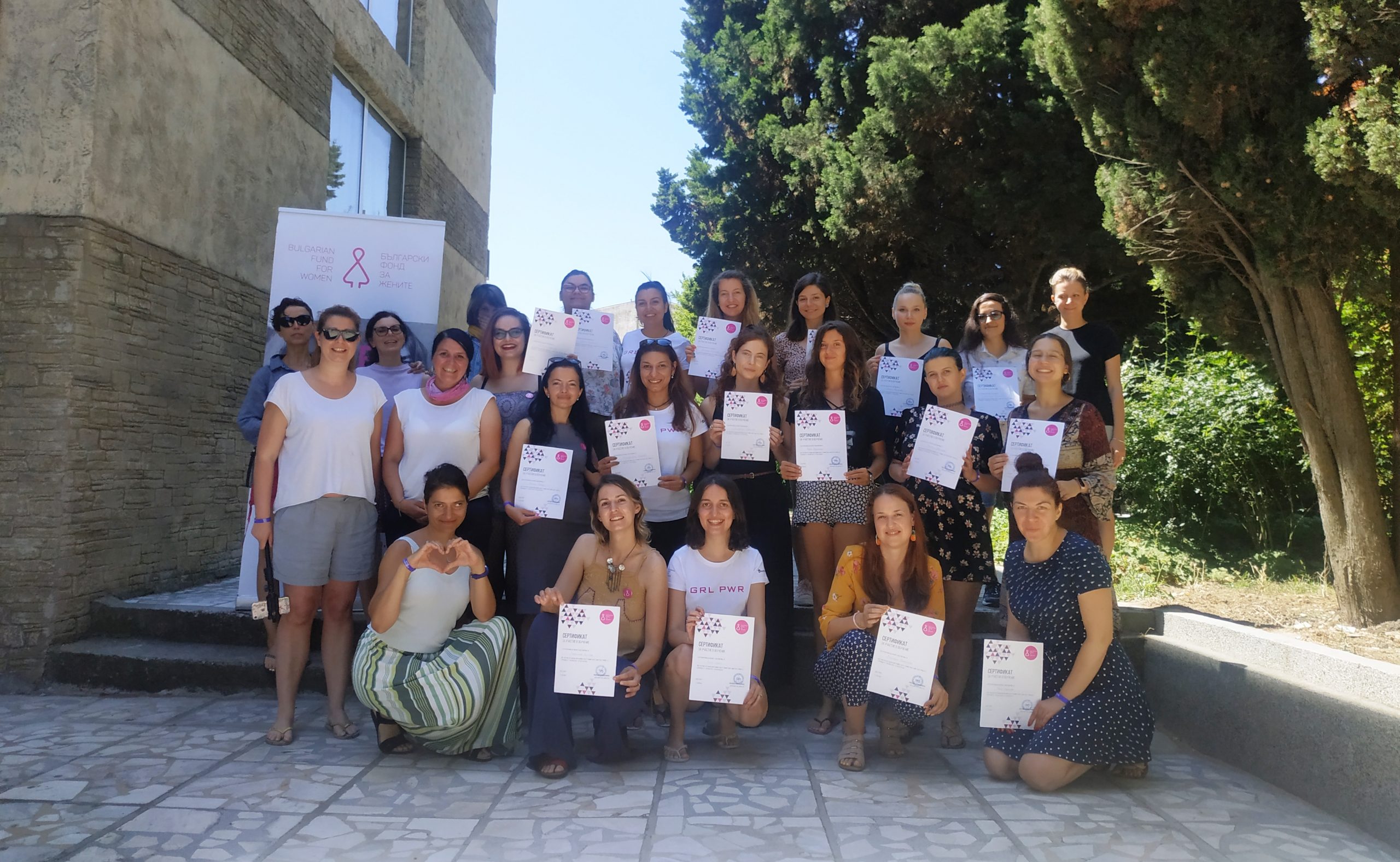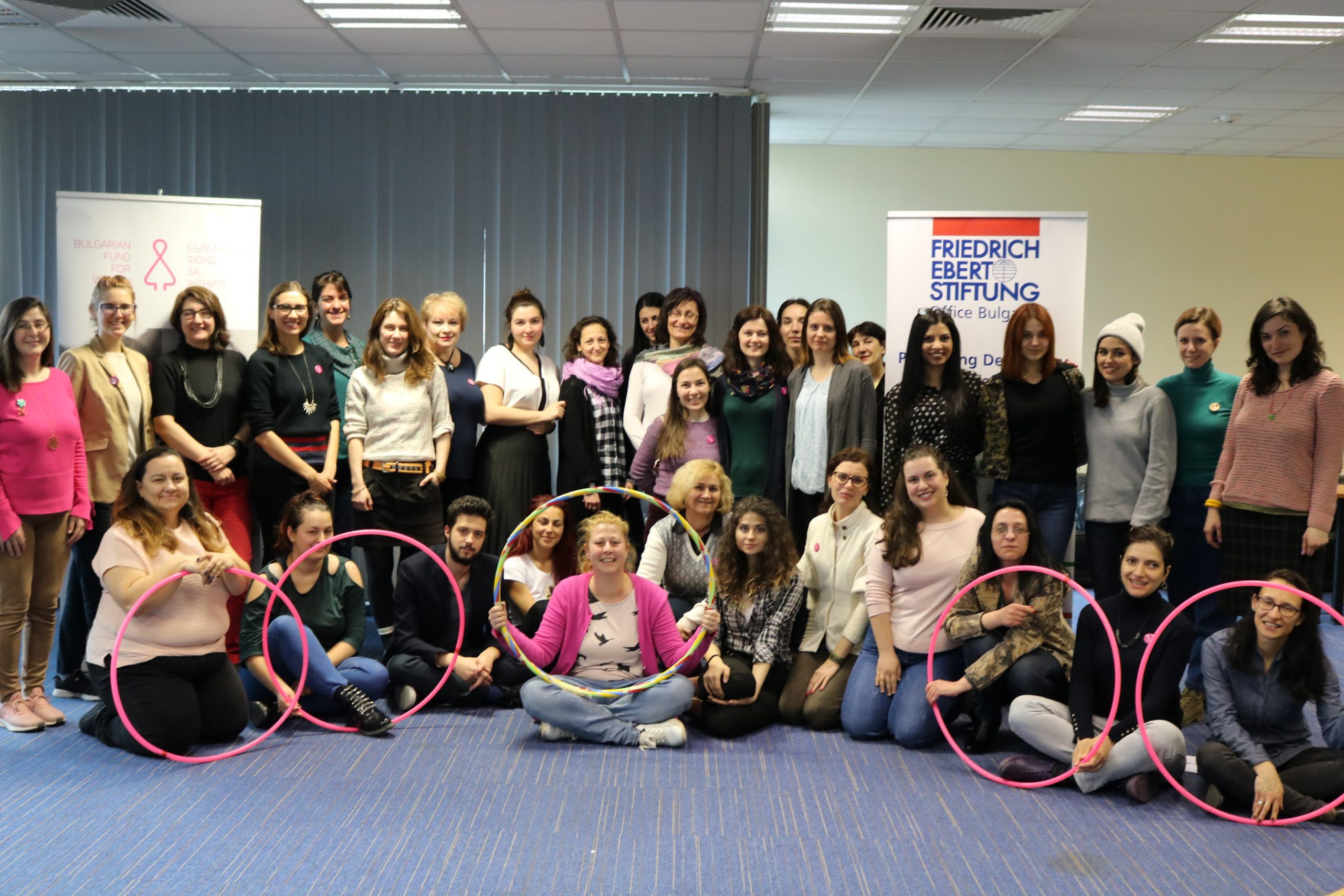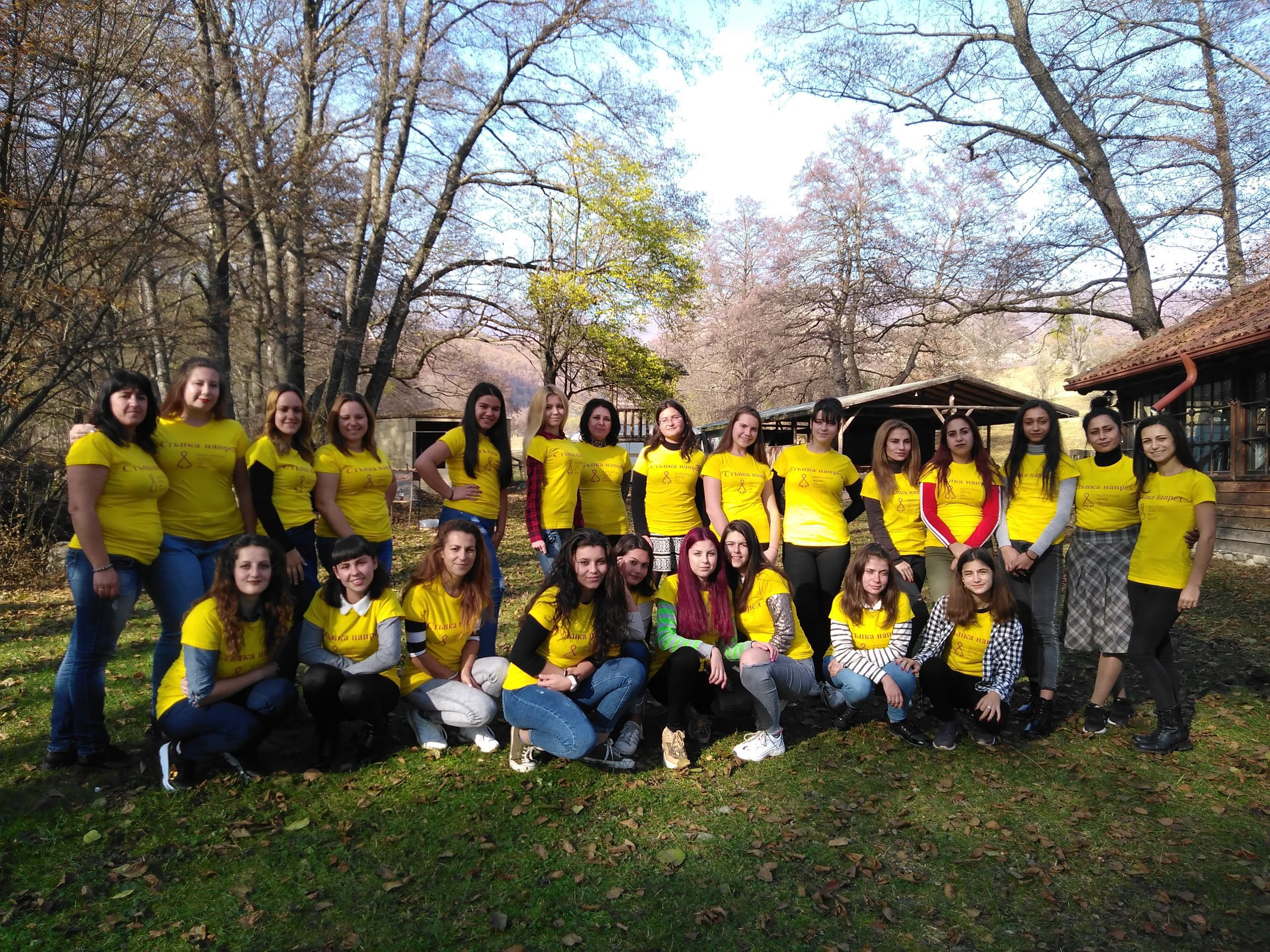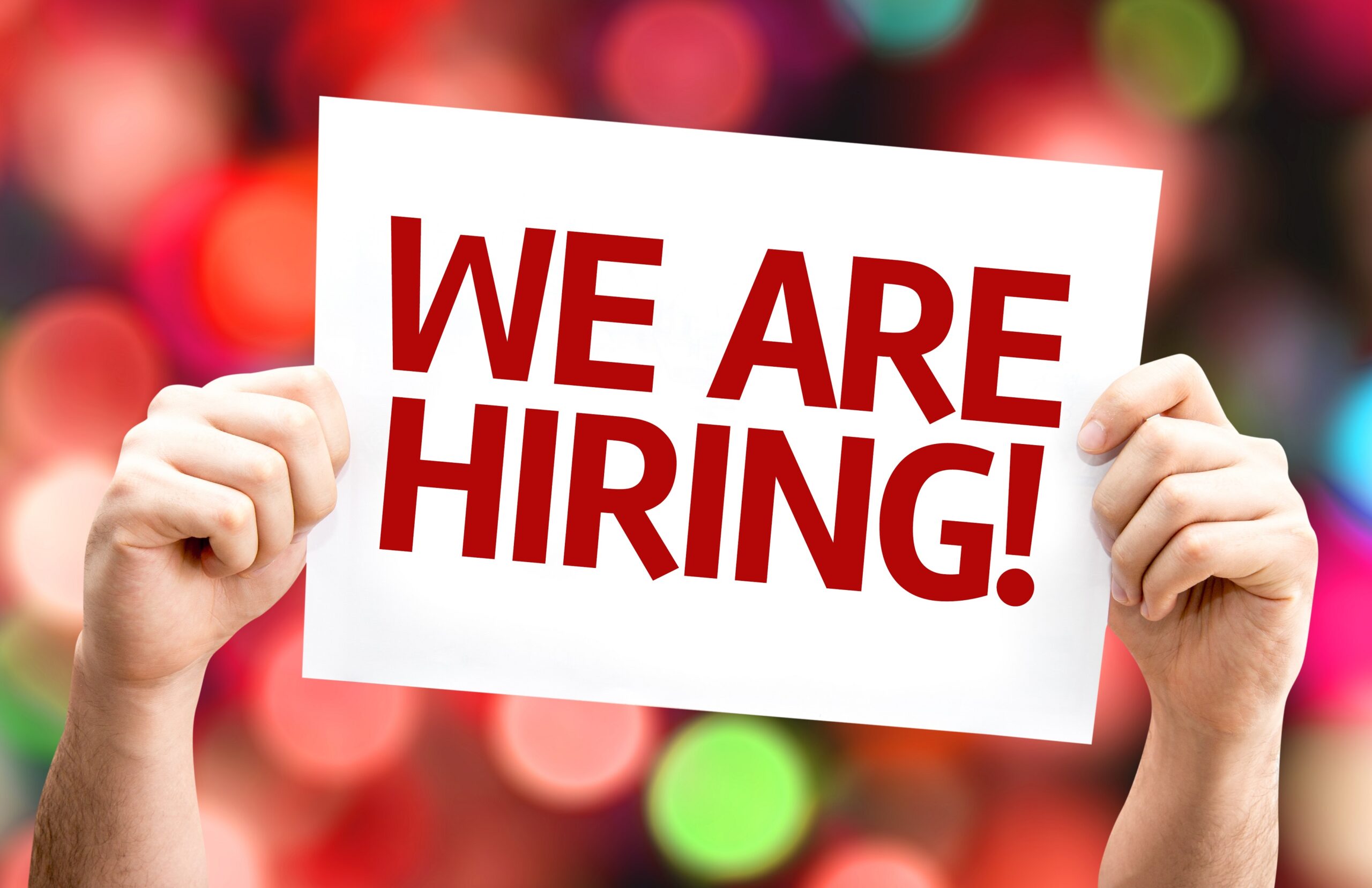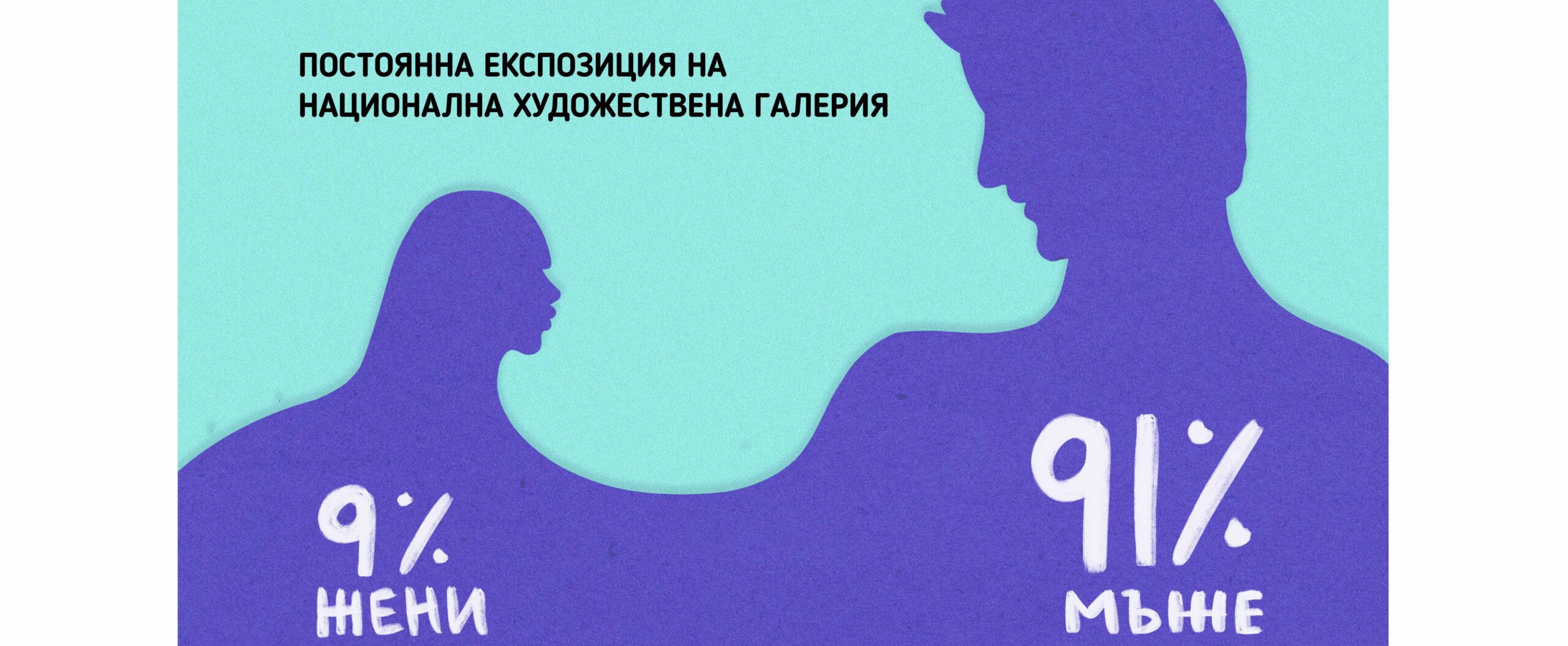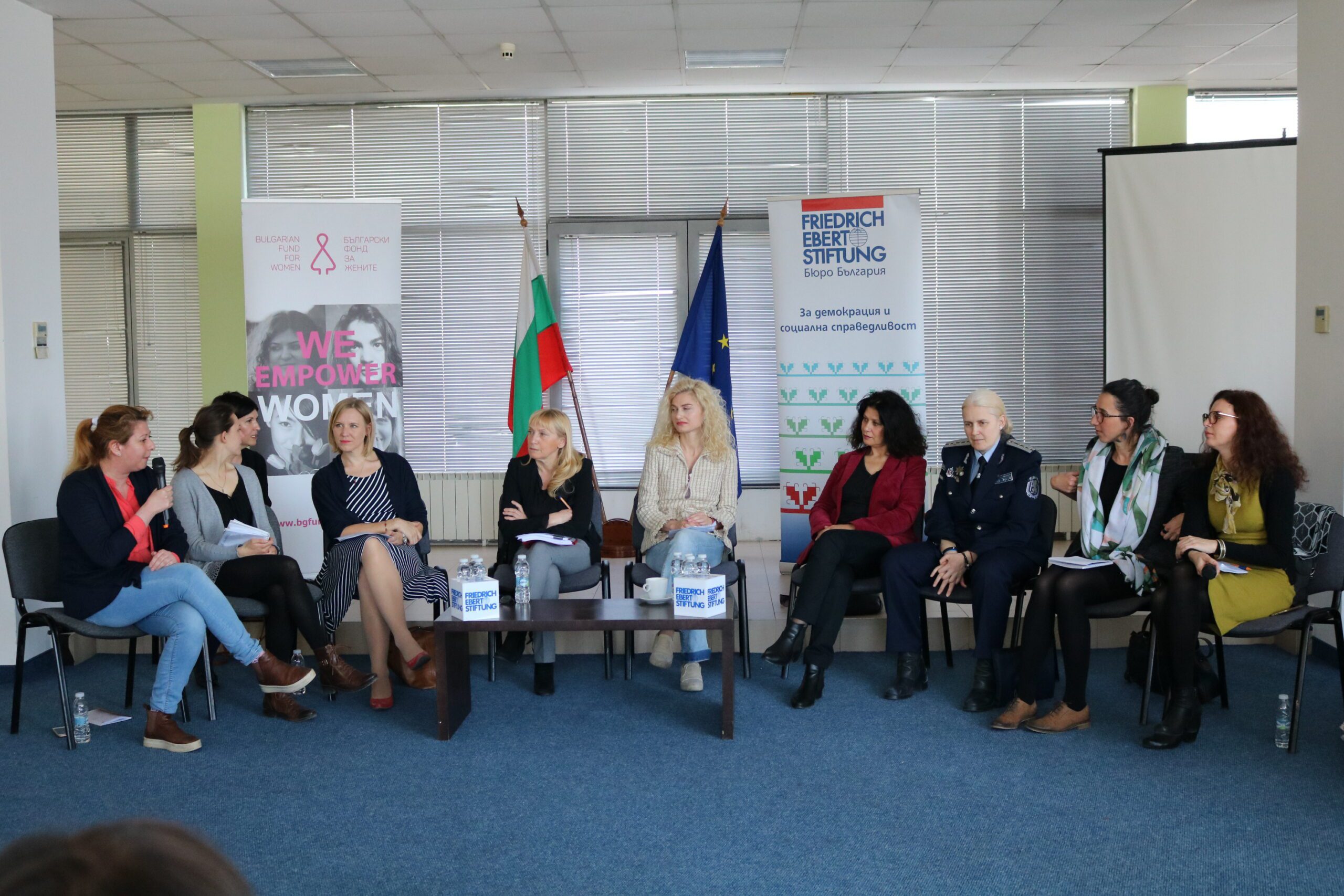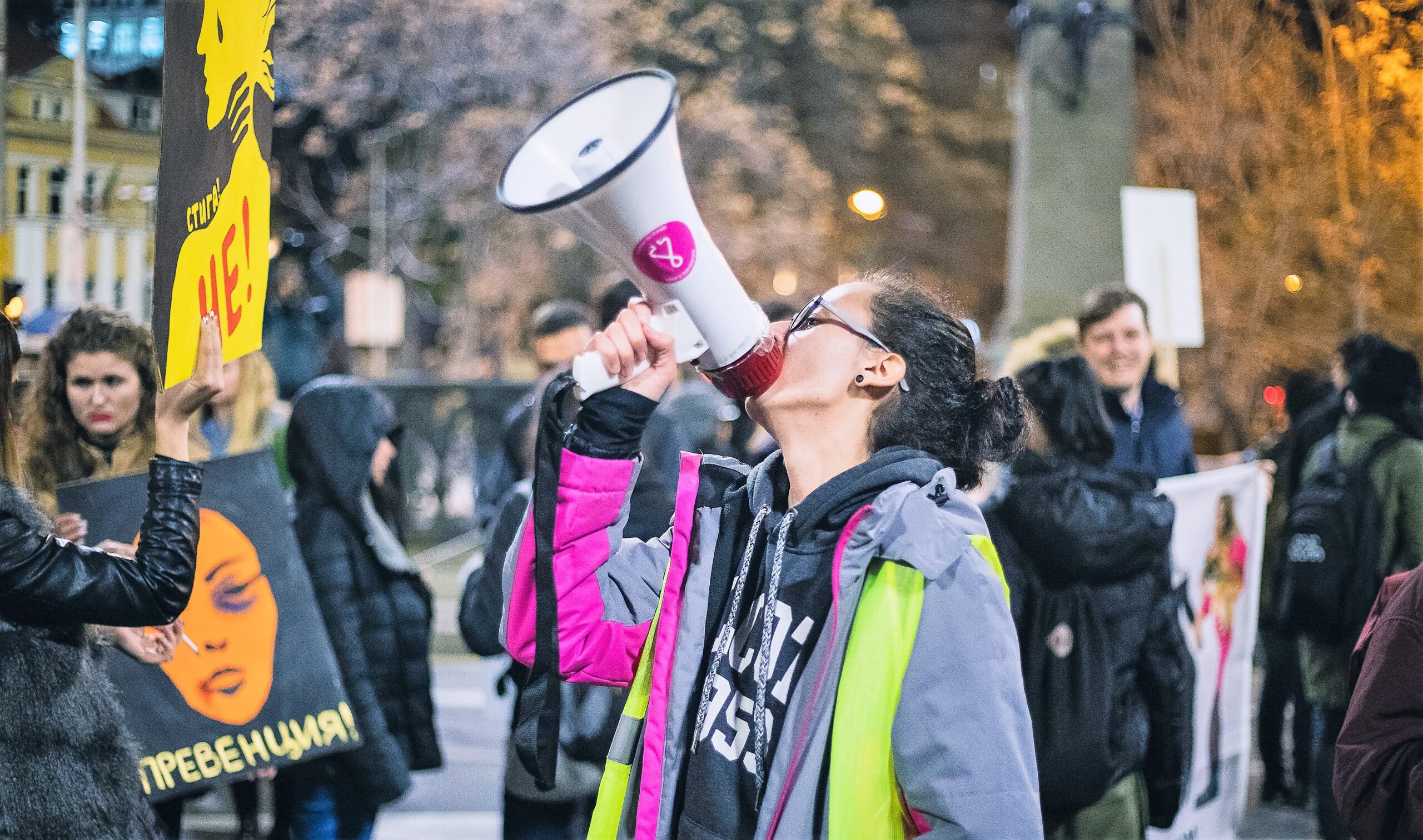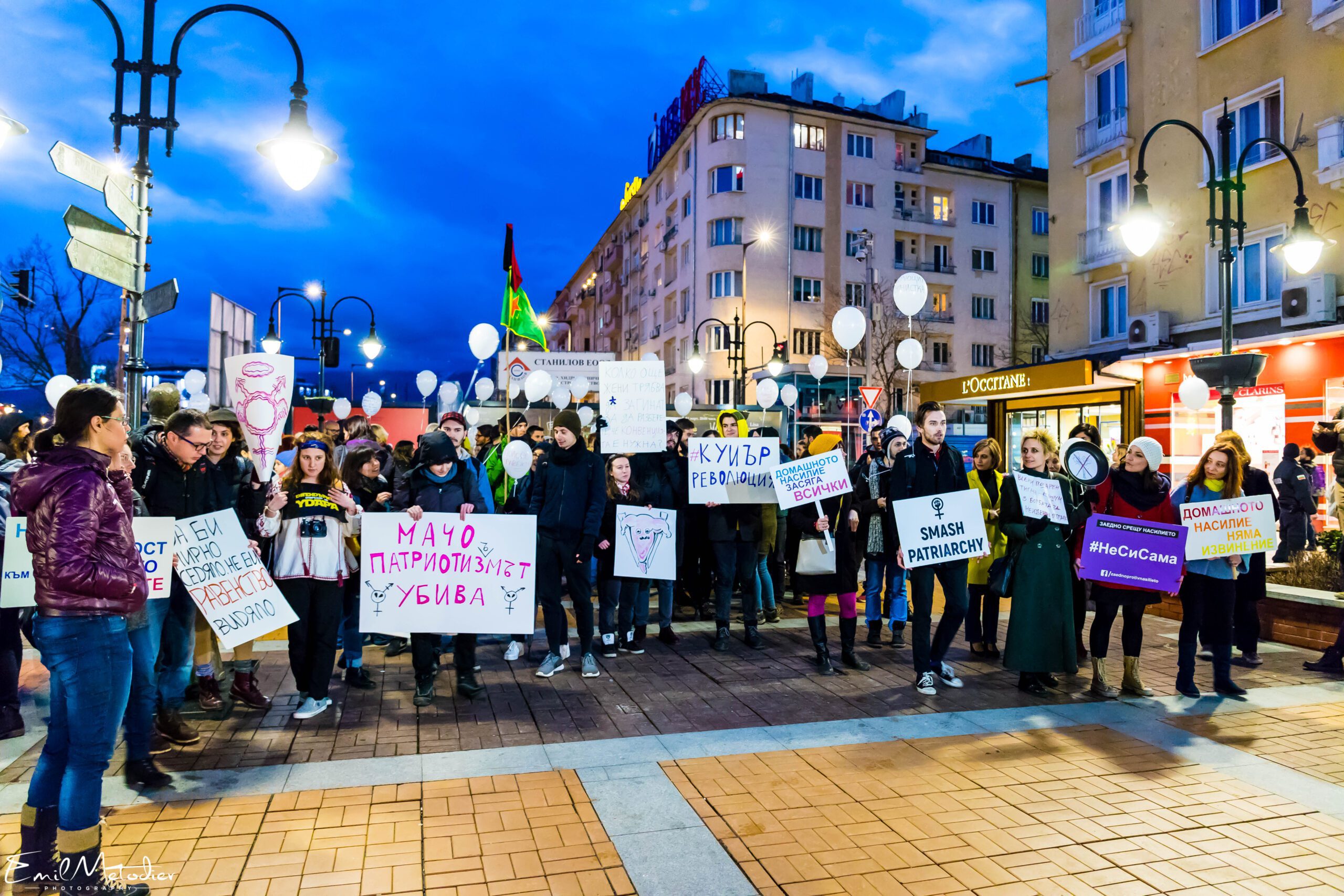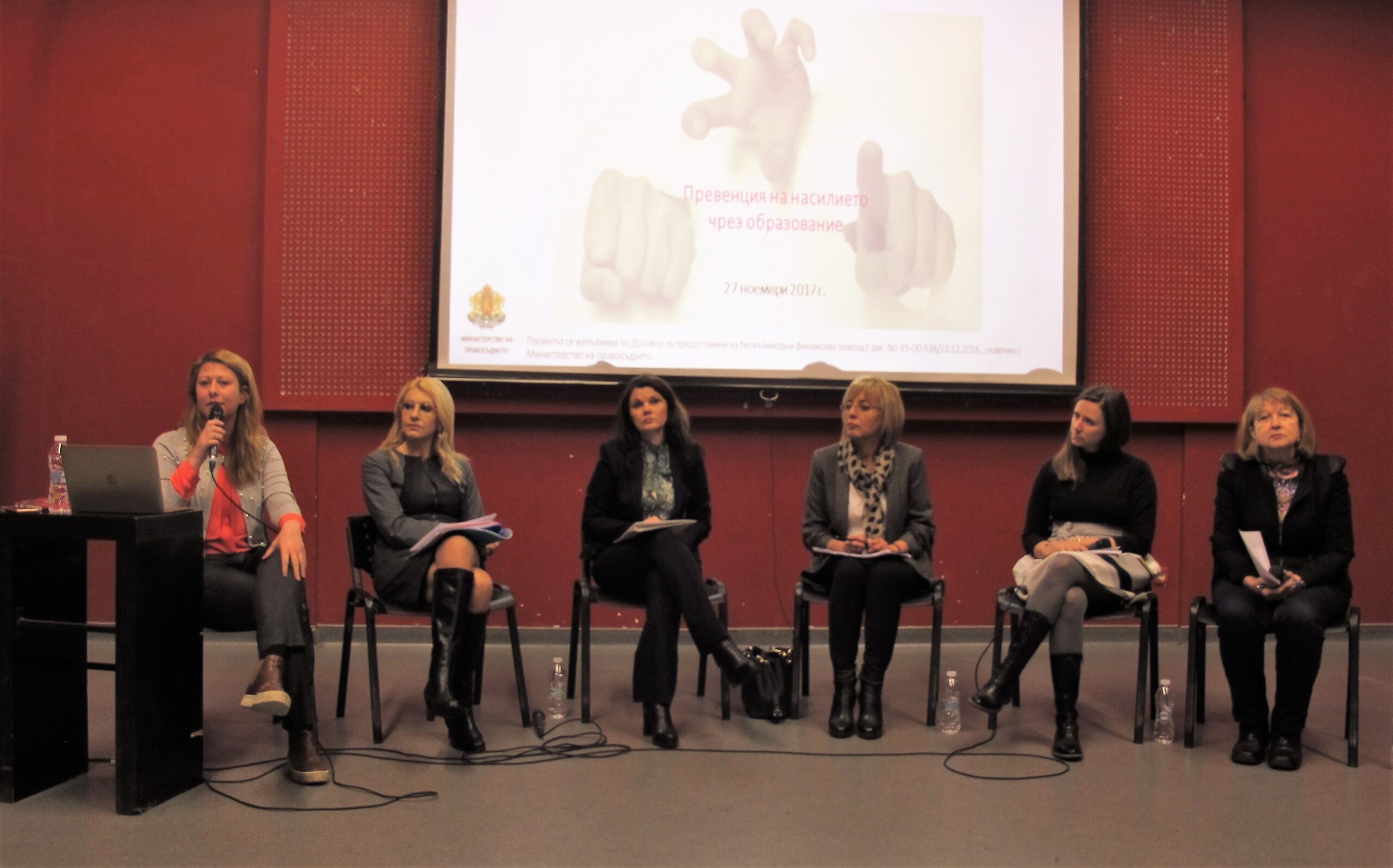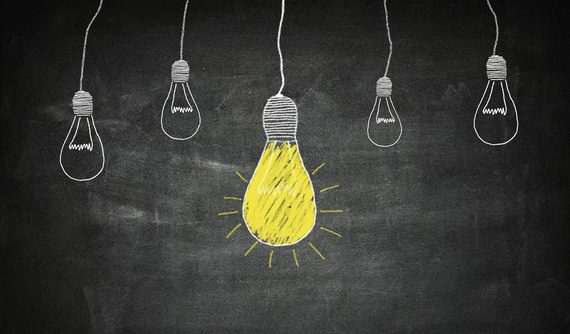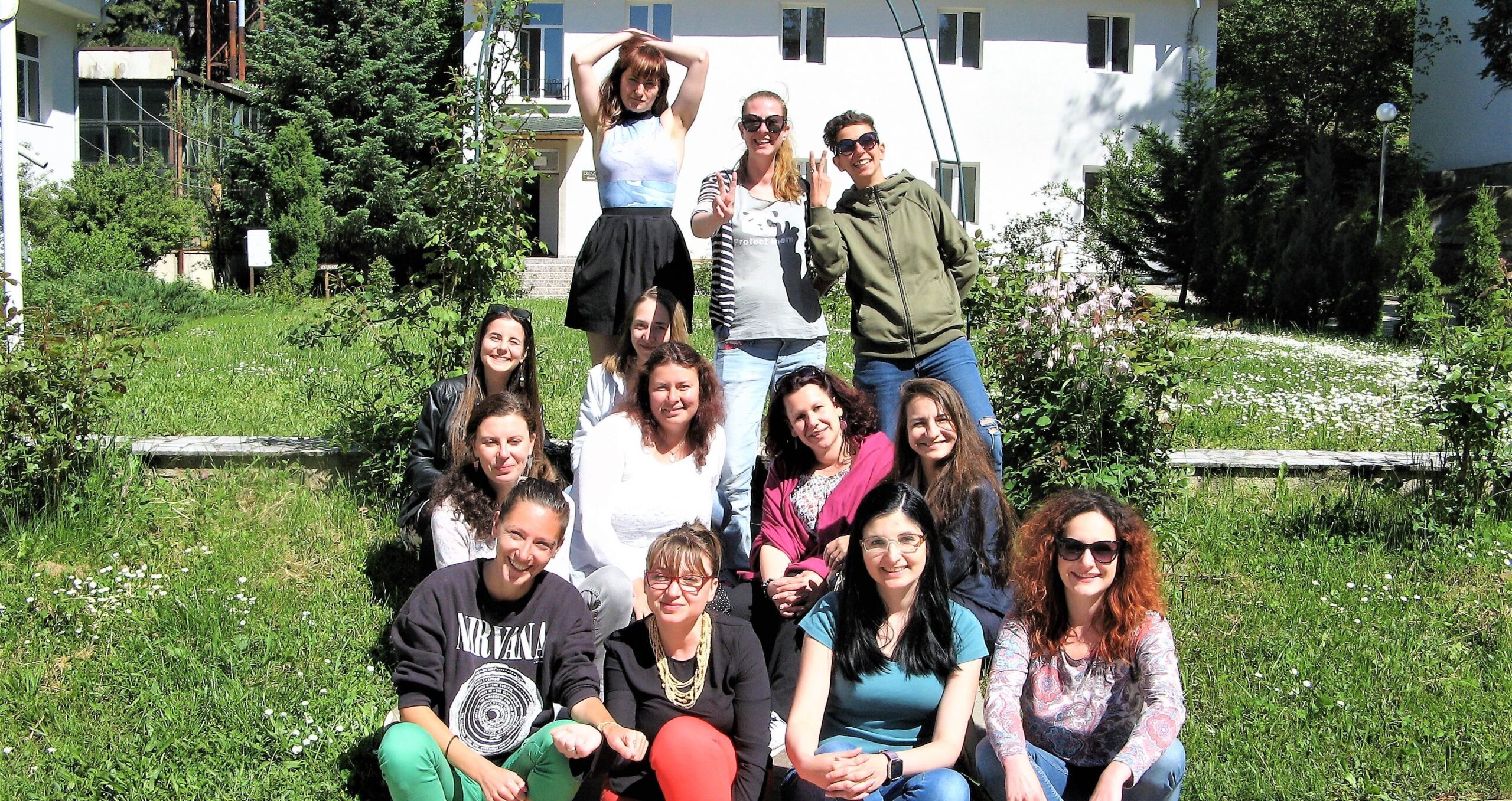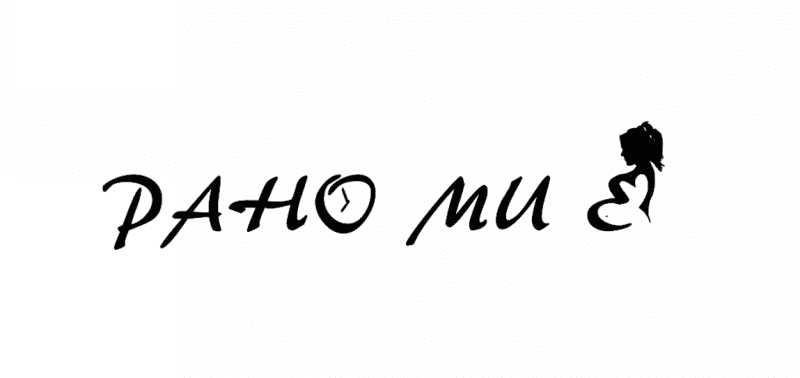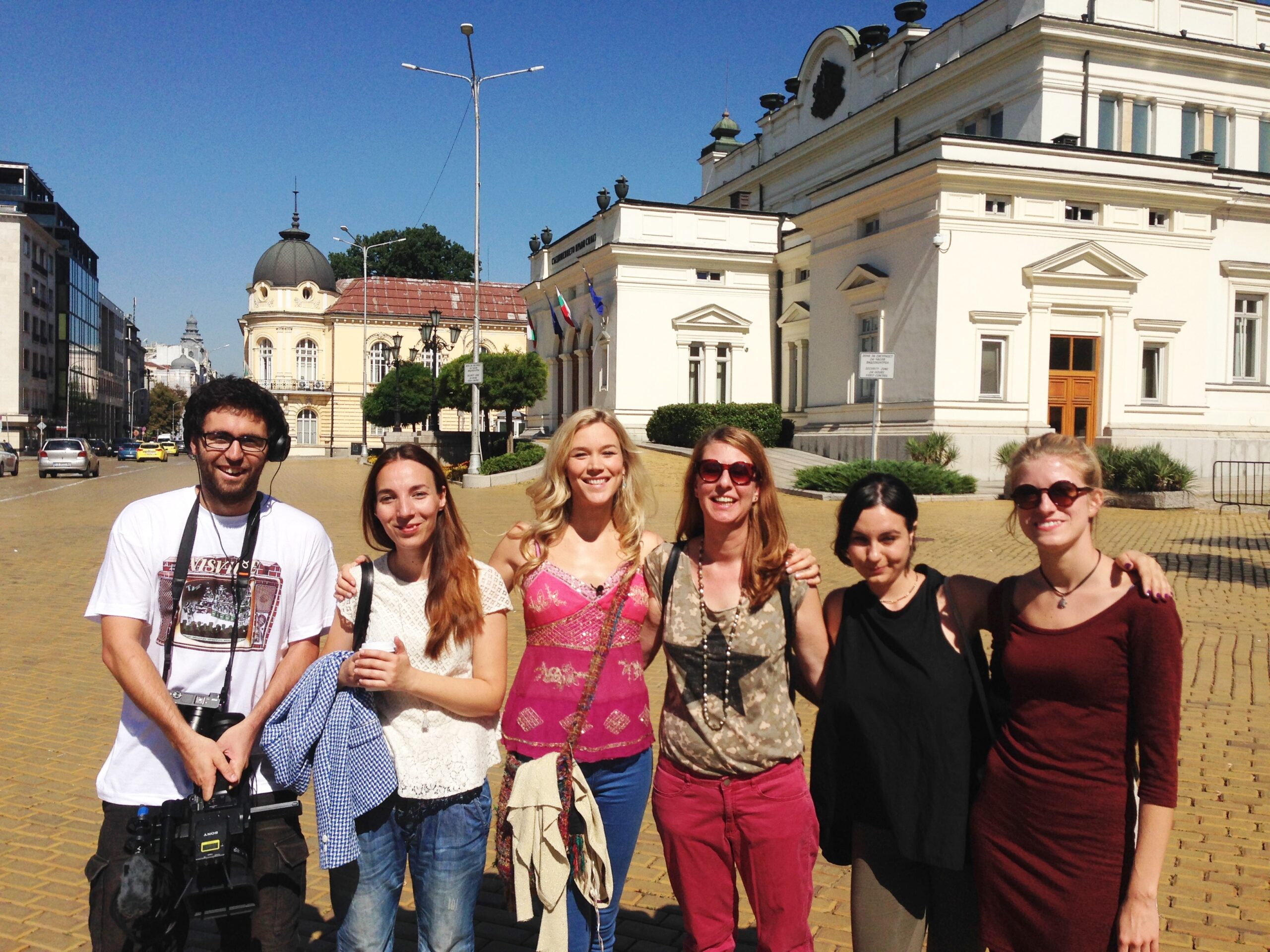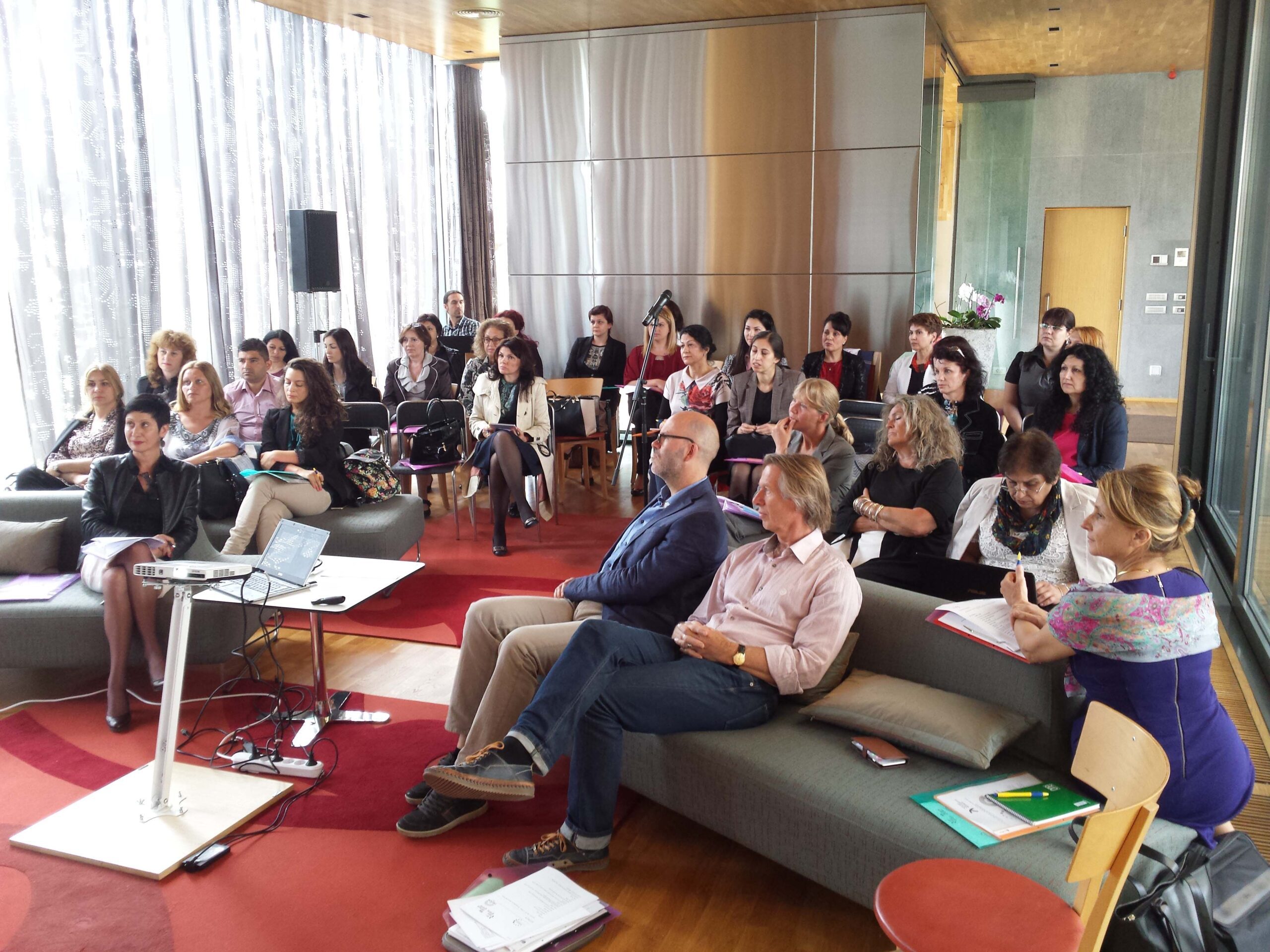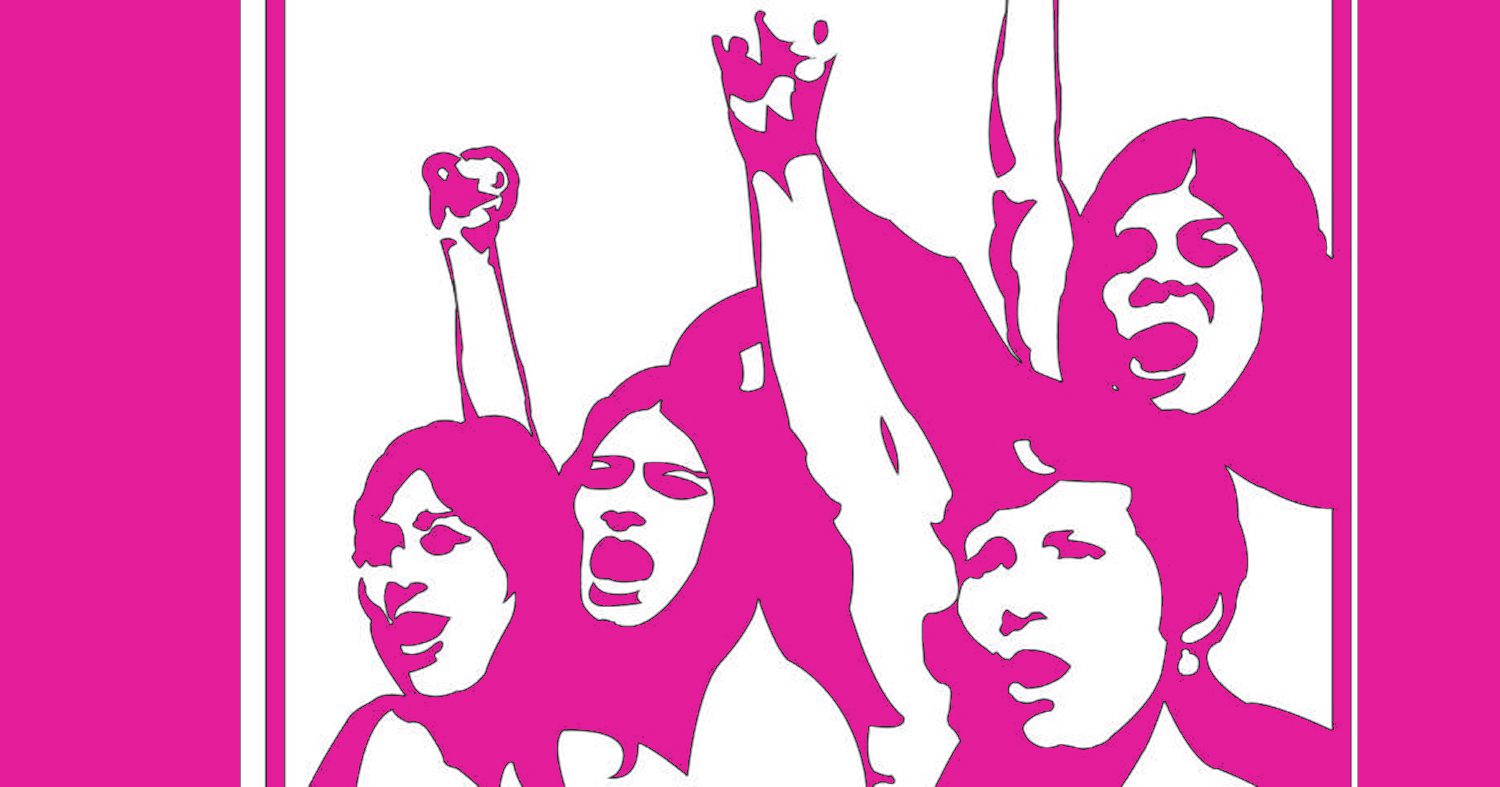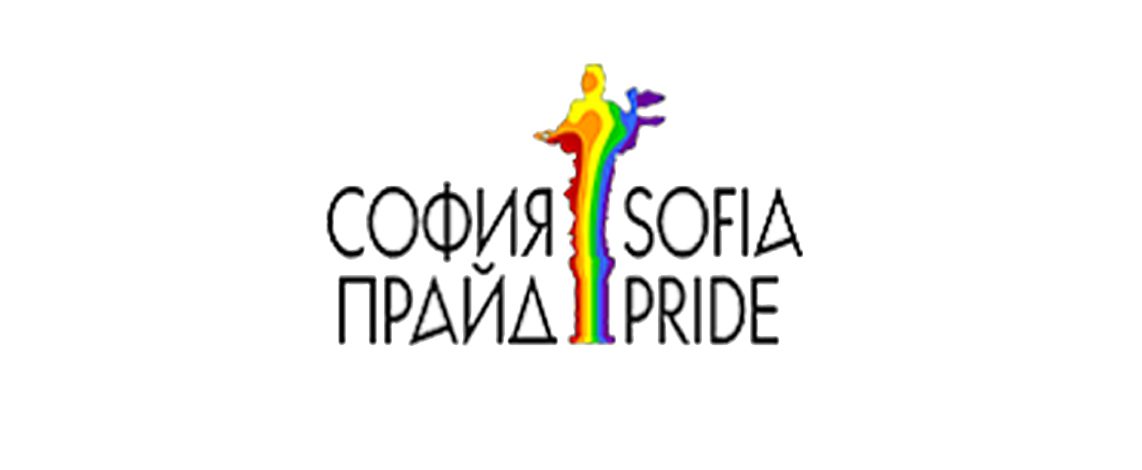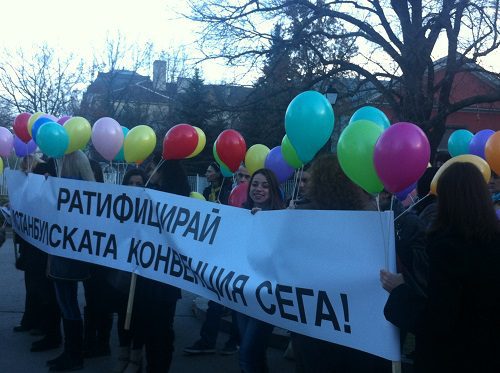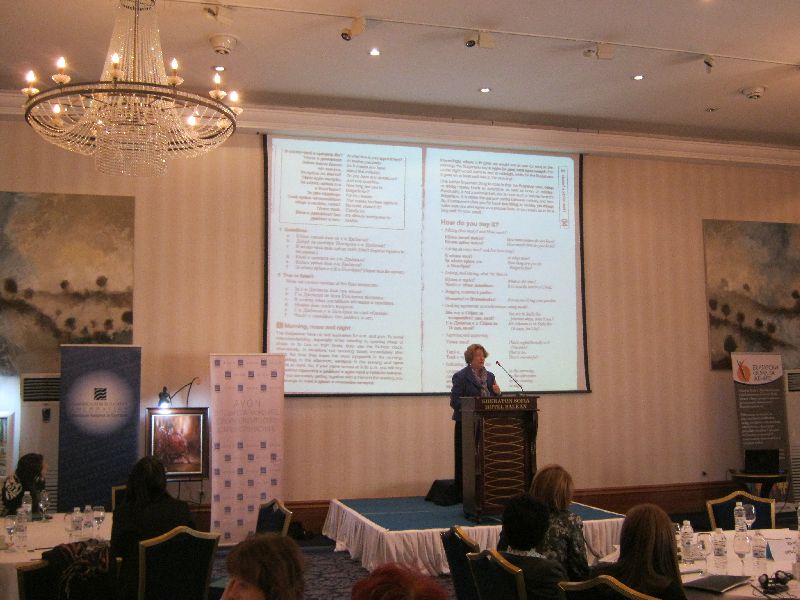Where in our society are hiding the most serious problemsregarding equality?
The problems that are the most serious are the ones related to stereotypes and gender roles, i.e. how women and men should act. It’s truly absurd, but even nowadays there are people that believe that a woman should be a housewife and if she isn’t a mother then she hasn’t achieved the purpose of her life; that for the man it is shameful to be emotional; that women are not good in mathematics and men in literature, etc.
These perceptions not only place a heavy burden upon both men and women but are the main reason for the existing violence, unequal payment, entirely feminized sectors and sectors where there are almost no women (for example ICT); also for the fact that men are not allowed to have paternity leave for more than 2 weeks. Here I want to underline something – regardless of the adopted laws, if there is no work directed to changing the mindset, the culture will overpower the law. Gender education is one of the solutions.
What is it like to be a feminist in Bulgaria? How much of a voice and role has this movement over the years in our country?
The feminist movement in Bulgaria can be divided in several historical stages: from 1850 until the Liberation, when women fought for the right to education; from 1878 until 1940 when there was a fight for obtaining the rights to university education, right to vote, practice certain professions, etc.; and after 50 years gap, the period from the 90s to nowadays, where gender organizations were created, fighting for overcoming the stereotypes, for the abolition of violence against women and domestic violence, for equal payment, etc.
Most of the gender NGO’s fights are still led today, but I can surely say that a change is happening – Law on protection from domestic violence was adopted and I hope that Law on gender equality will be adopted soon. There is a movement for ratification of the so-called Istanbul Convention, which is of big importance for Bulgaria; the business is talking about investments in women; the media becomes more and more sensitive to those matters and so on.
In this case, being a feminist in Bulgaria is mostly exiting. I strongly emphasize that feminism means social, economic and political equality between men and women. When explained simply like that, feminism finds more and more supporters, and I find new friends.
You can read the whole interview with Nadejda Dermendjieva, Bulgarian Fund for Women’s executive director here.

